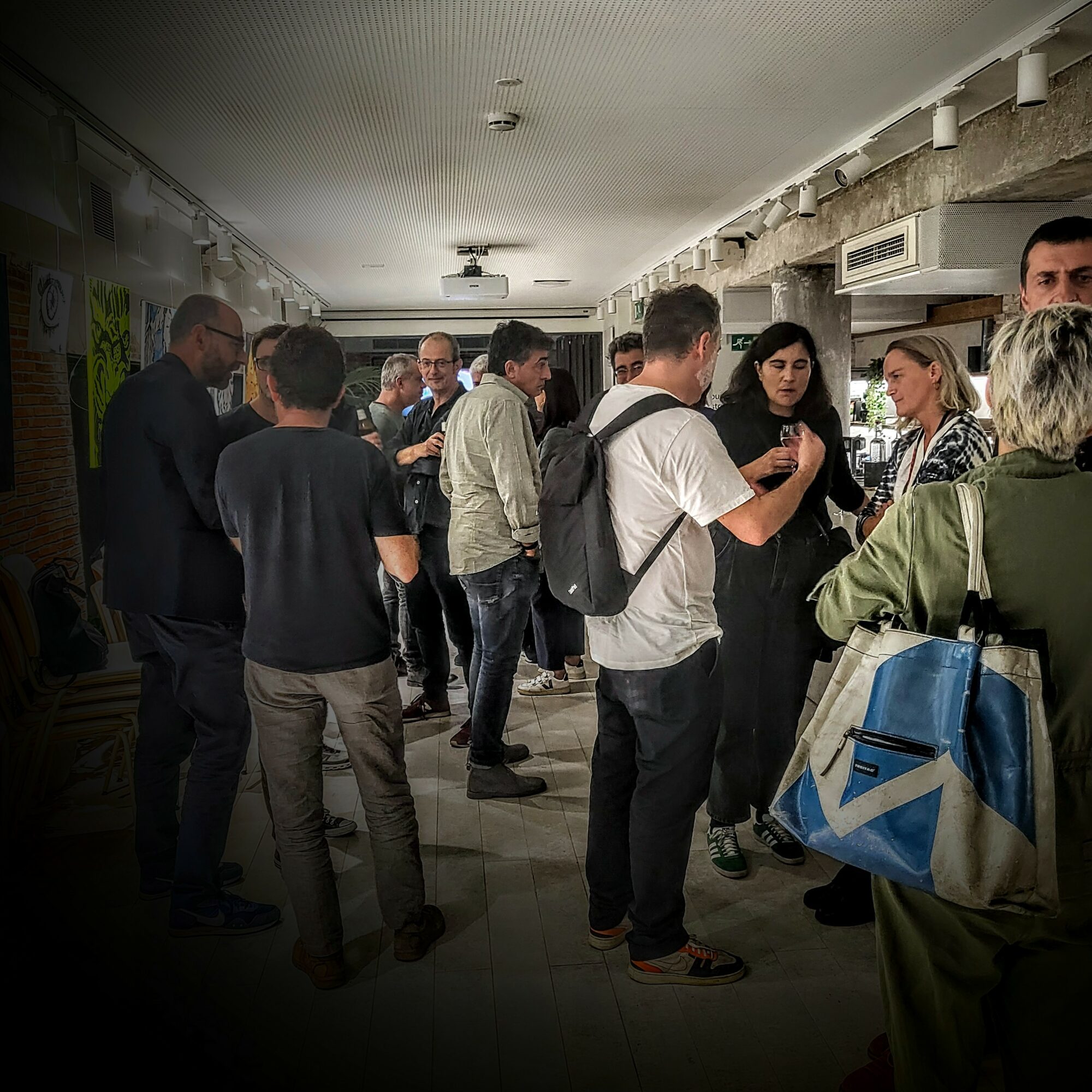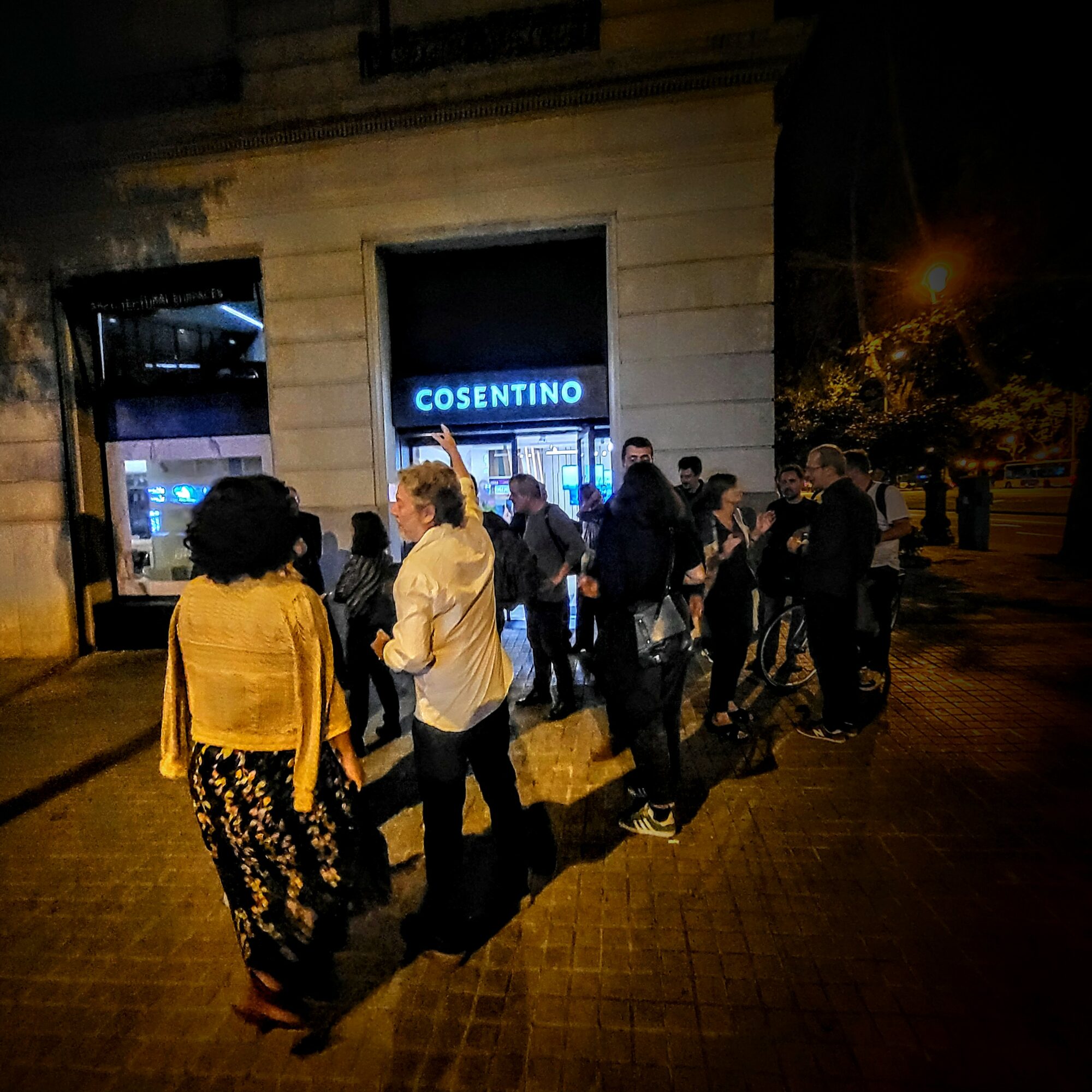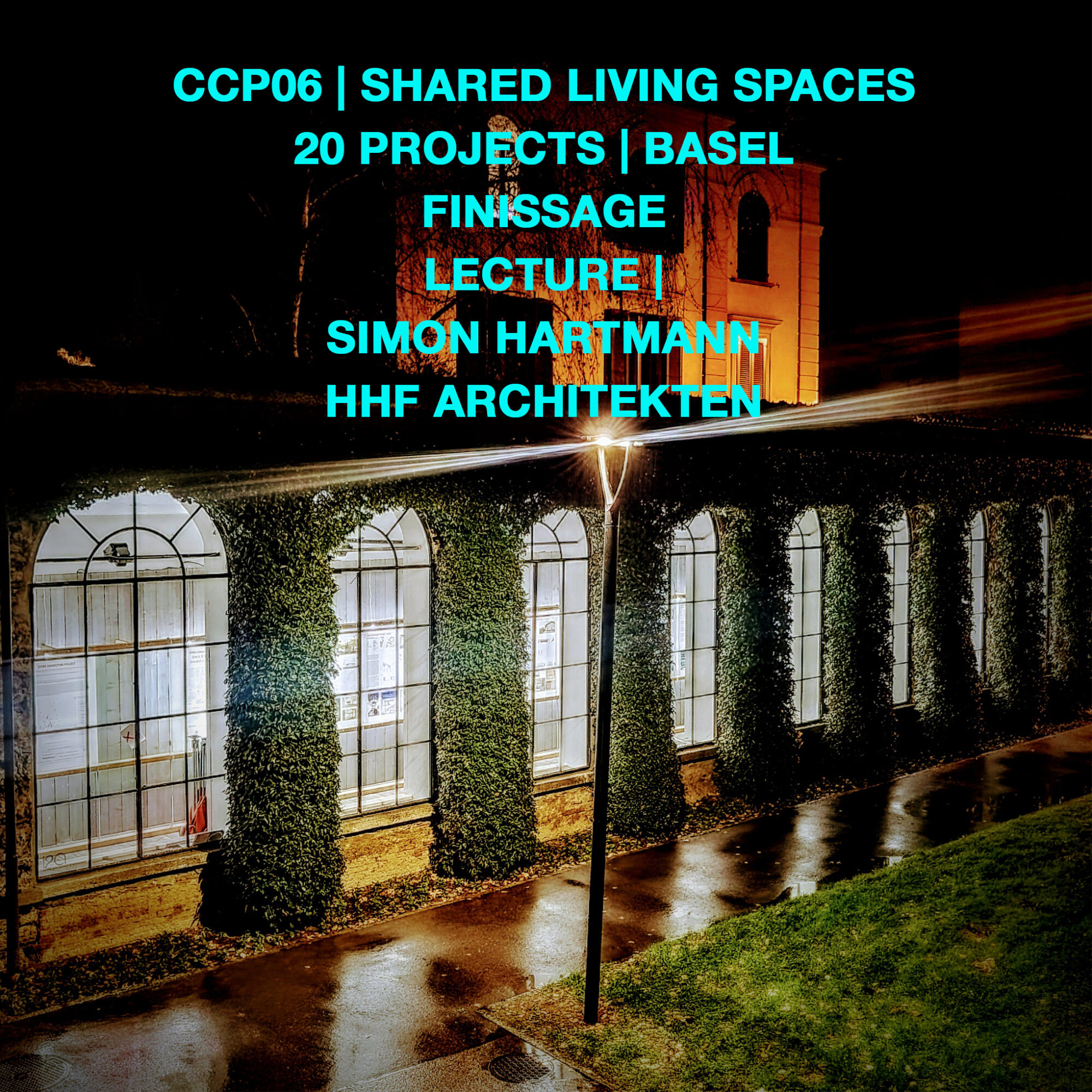
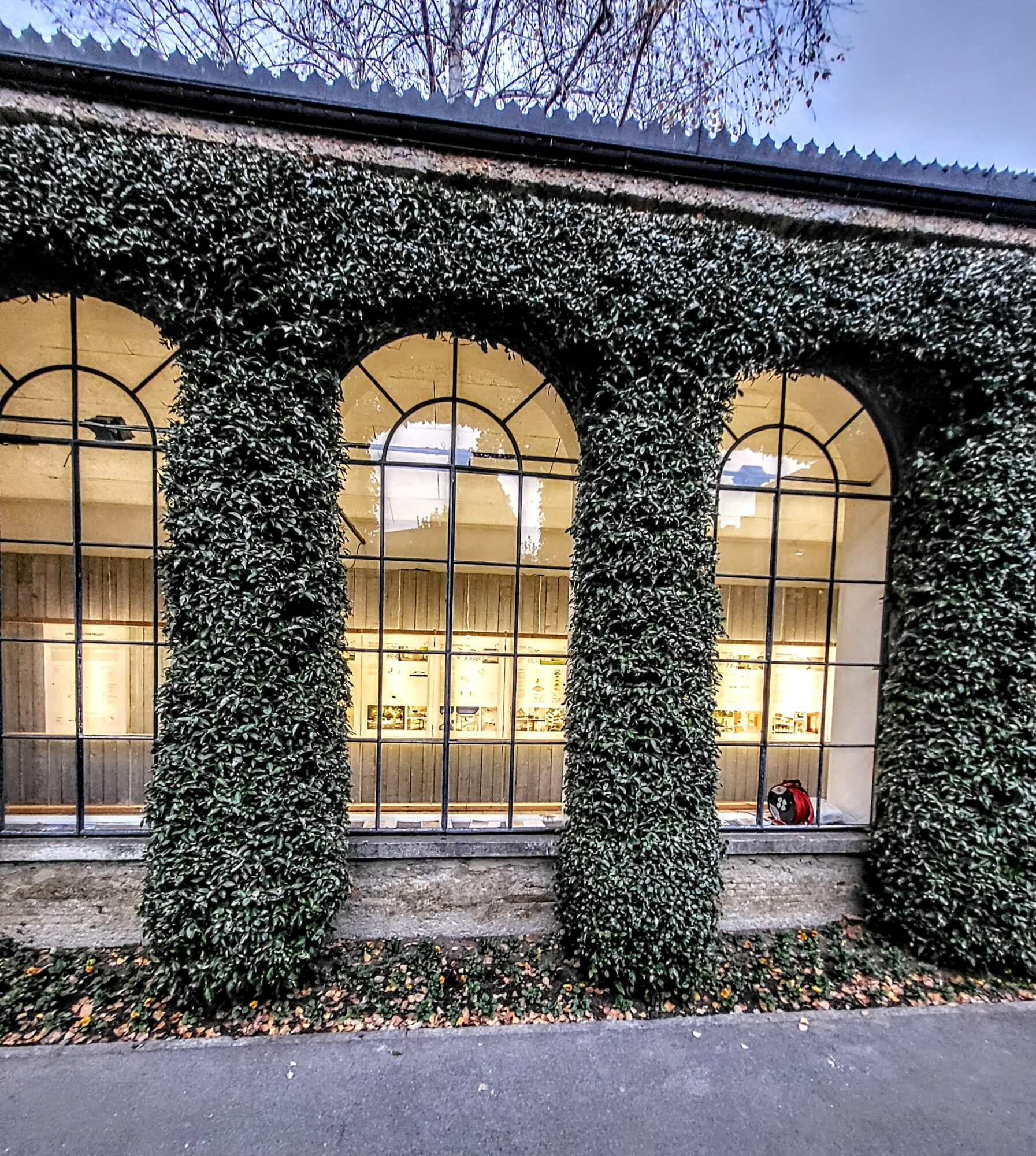
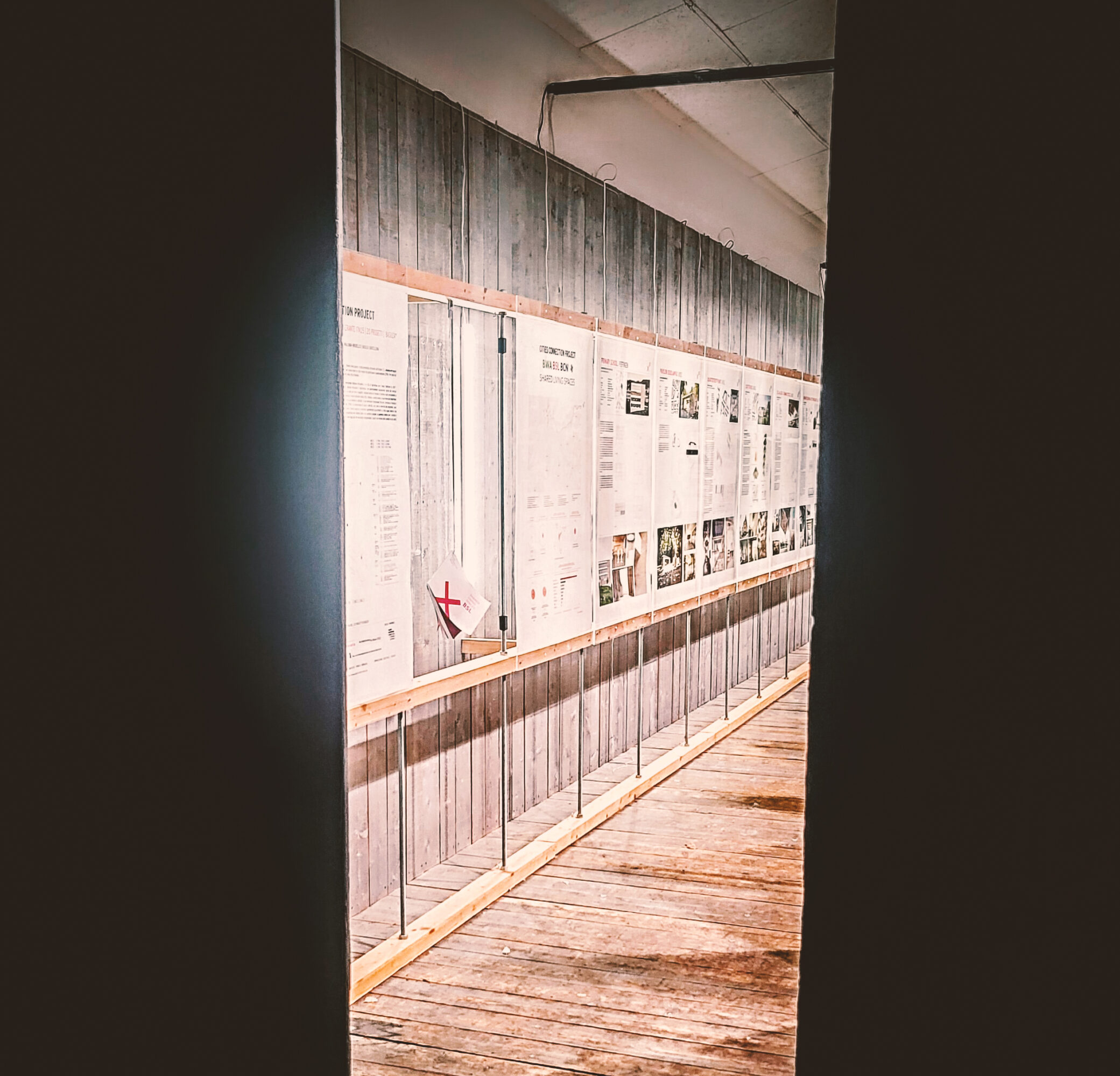
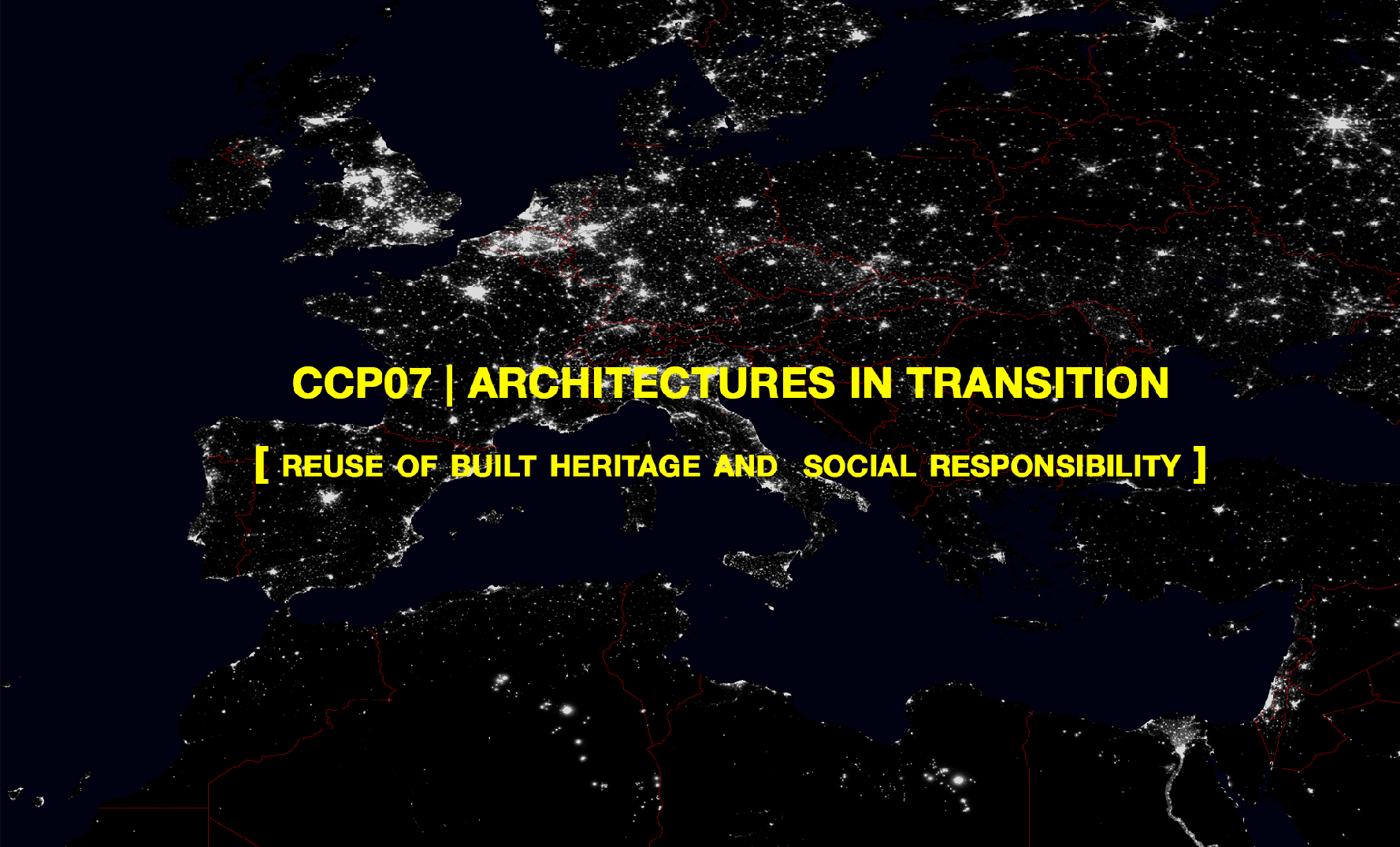
CCP / A CONNECTOR BETWEEN CITIES



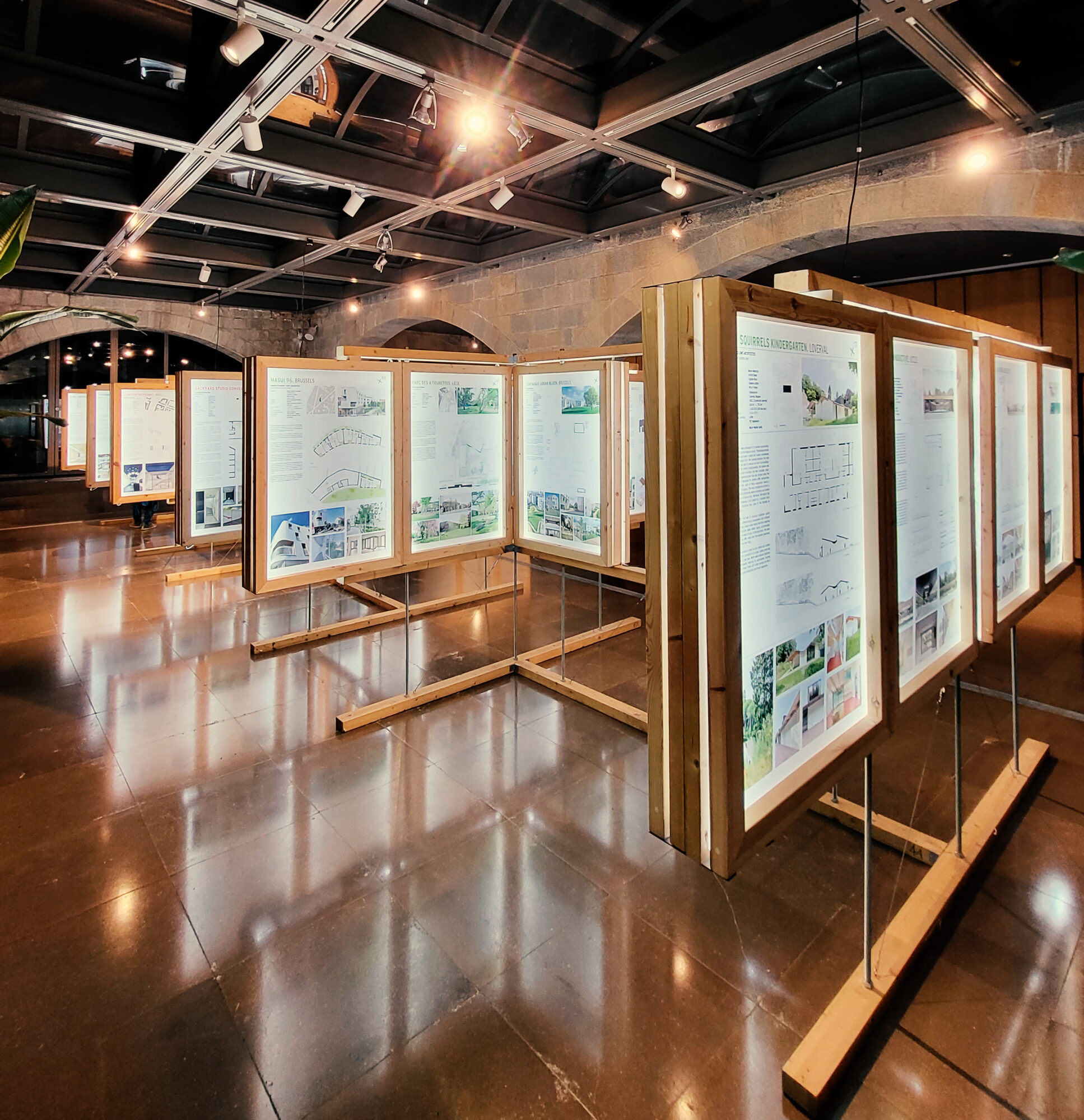
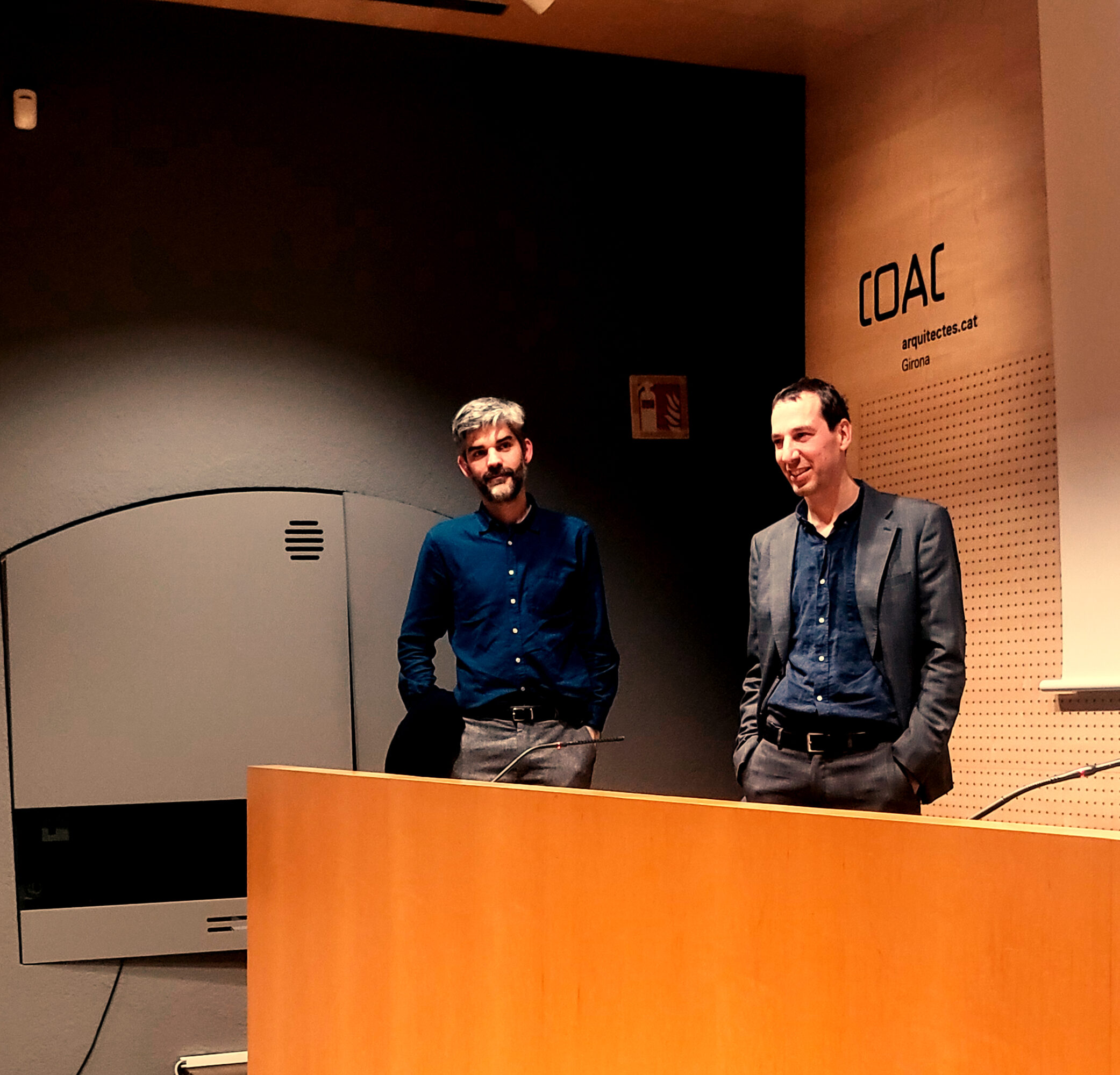
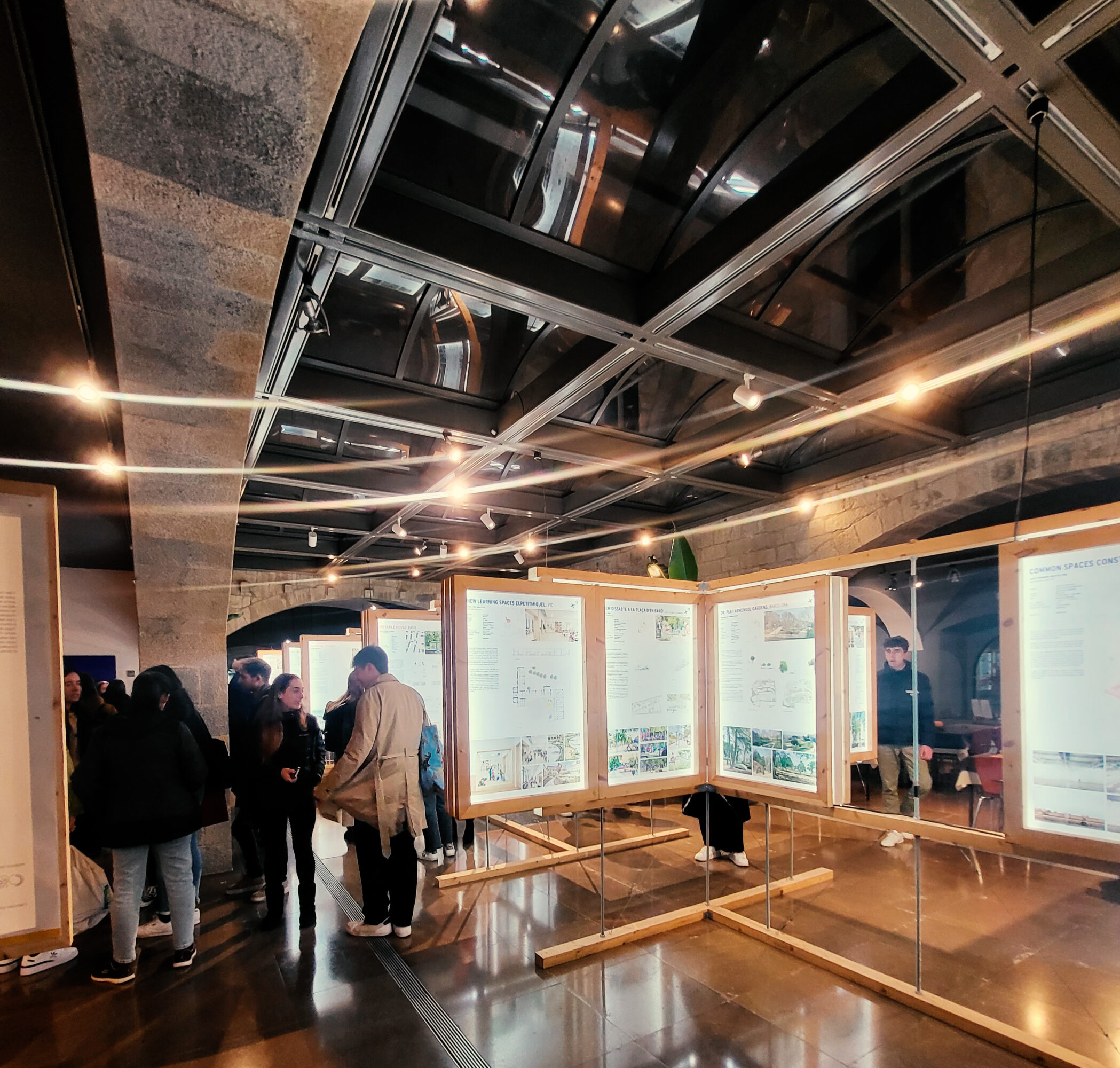
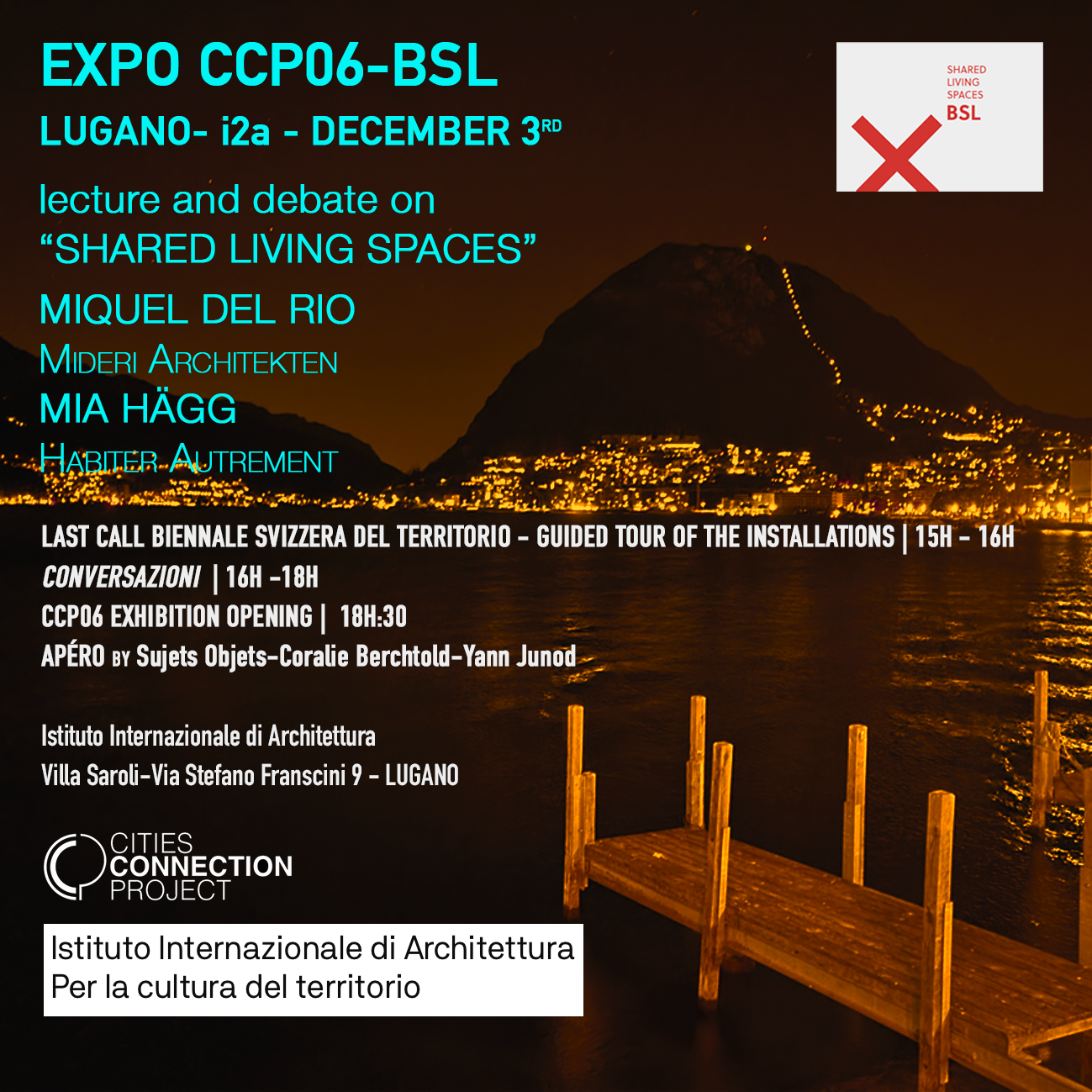
[ IT ]
Dopo la scoperta di Vilnius come laboratorio per il riuso di edifici e dello spazio pubblico del 2021, Cities Connection Project di Xavier Bustos e Nicola Regusci ci propone di tornare in Svizzera, alla scoperta degli spazi di vita condivisi a Basilea, città dal ricco patrimonio architettonico. L’architettura contemporanea è diventata il segno distintivo della città. “Tuttavia” ci spiegano i curatori della mostra ospitata nella Limonaia di Villa Saroli (Lugano) dal 3 dicembre, “la sua risorsa più importante è il rapporto instaurato tra il suo territorio e i confini. L’area metropolitana di Basilea, con una popolazione di circa un milione di abitanti, è unica per essere una città che abbraccia tre Paesi: Svizzera, Germania e Francia. È una metropoli trinazionale e transfrontaliera unica in Europa.
La condivisione di spazi e attività, così come la diversità dei programmi, sono i punti in comune dei progetti presentati in questa mostra. Viene offerta una panoramica peculiare ad approcci e processi sperimentati dagli architetti che si sono confrontati con il contesto di questa particolare città. A distanza di due anni, questo tema ha acquisito un’importanza inaspettata nel contesto della crisi sanitaria globale: la pandemia sembra aver cambiato il nostro modo di comunicare e di relazionarci, nonché il nostro stesso sistema di lavoro. Questi spazi di vita condivisi sono oggi più che mai luoghi indispensabili, luoghi che invitano allo scambio tra chi li frequenta.

[ ENG ]
After discovering Vilnius as a laboratory for the reuse of buildings and public space in 2021, Xavier Bustos and Nicola Regusci’s Cities Connection Project proposes that we return to Switzerland, discovering shared living spaces in Basel, a city with a rich architectural heritage. Contemporary architecture has become the city’s hallmark. “However,” explain the curators of the exhibition hosted in the Limonaia of Villa Saroli (Lugano) from Dec. 3, “its most important resource is the relationship established between its territory and its borders. The Basel metropolitan area, with a population of about one million, is unique for being a city that spans three countries-Switzerland, Germany and France. It is a trinational and cross-border metropolis unique in Europe.
The sharing of spaces and activities, as well as the diversity of programs, are the commonalities of the projects presented in this exhibition. A peculiar overview is offered to approaches and processes pioneered by architects who have confronted the context of this particular city. Two years later, this theme has gained unexpected importance in the context of the global health crisis: the pandemic seems to have changed the way we communicate and relate, as well as our very system of work. These shared living spaces are now more than ever indispensable places, places that invite exchange among those who frequent them.
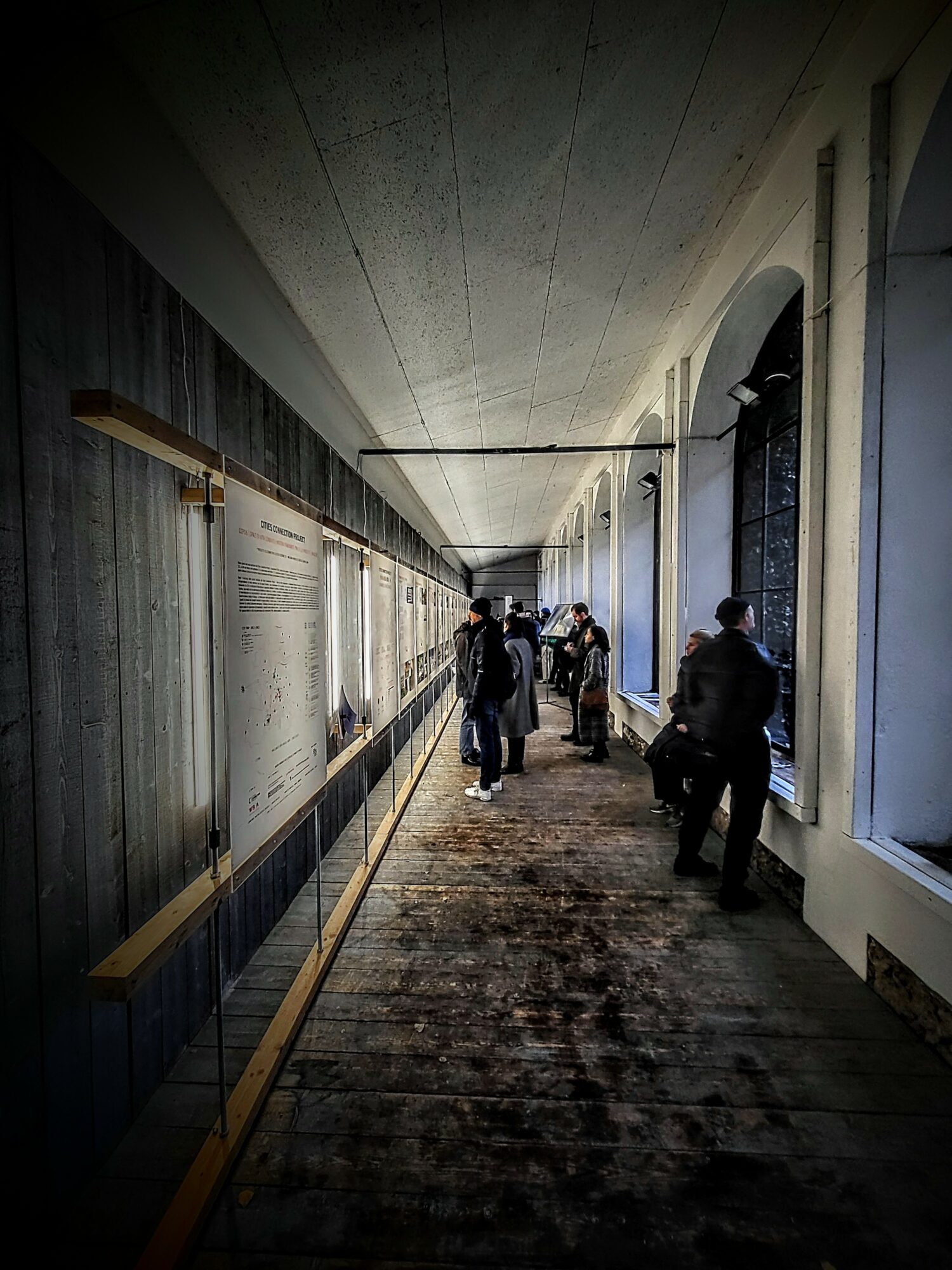
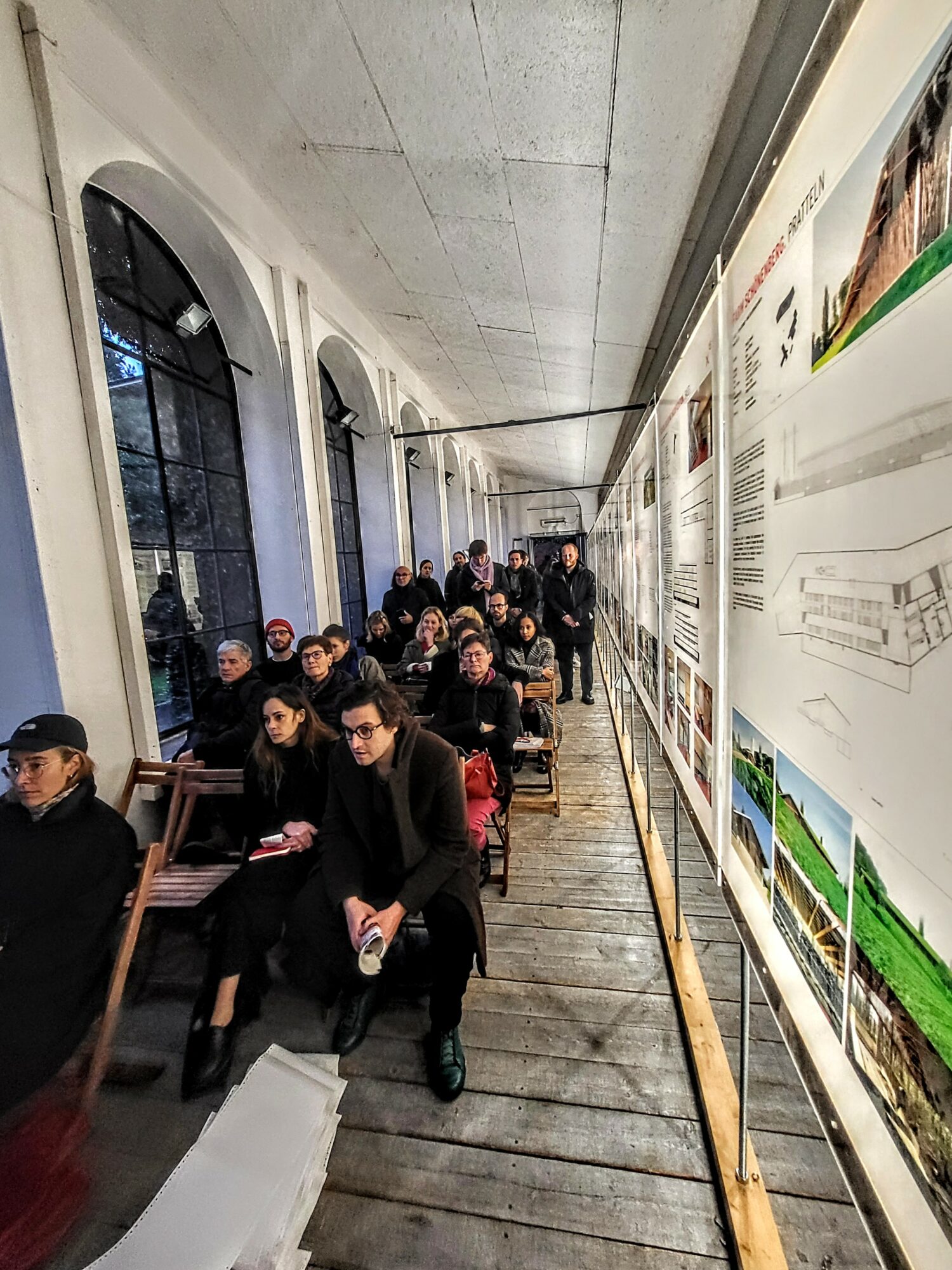
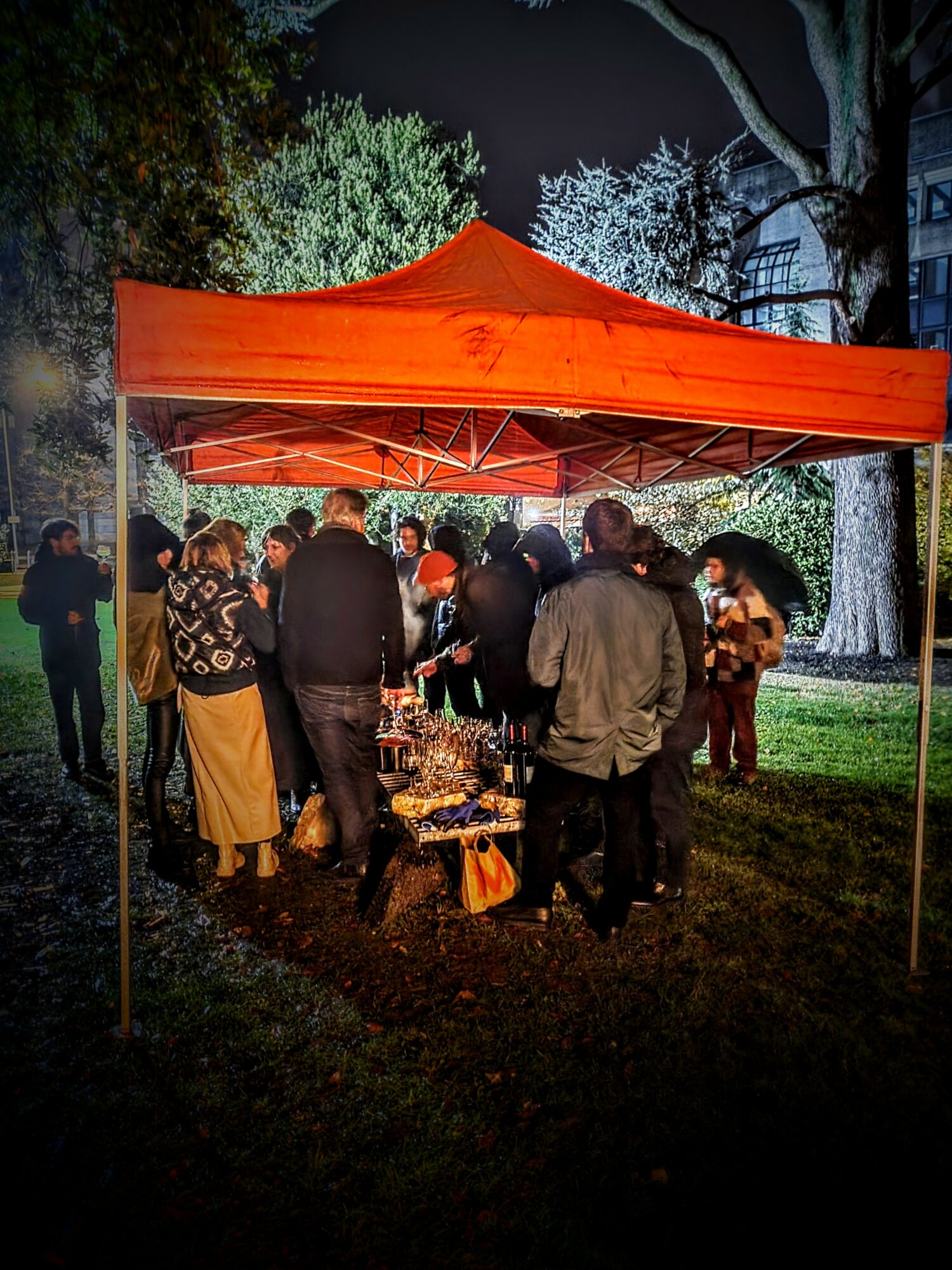
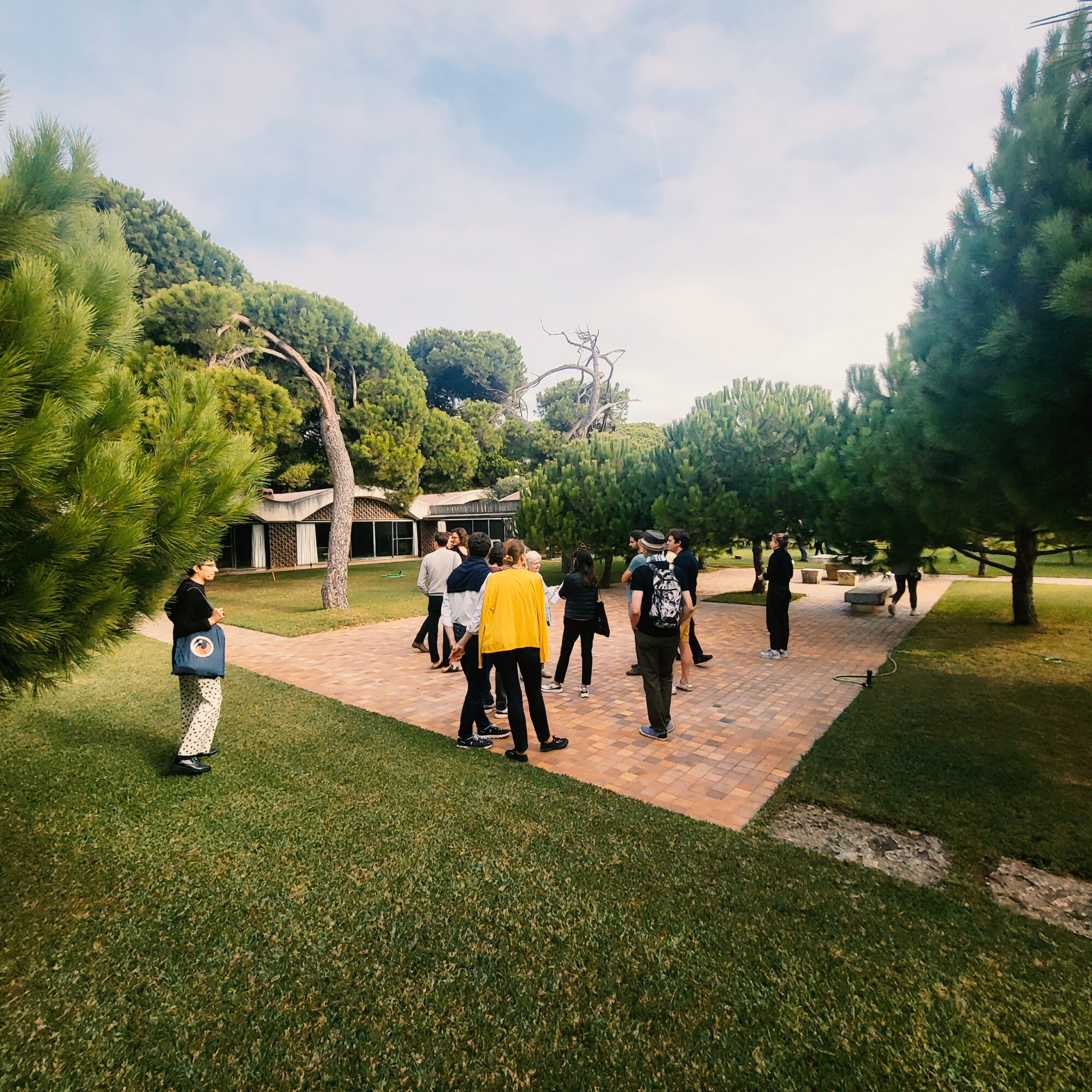
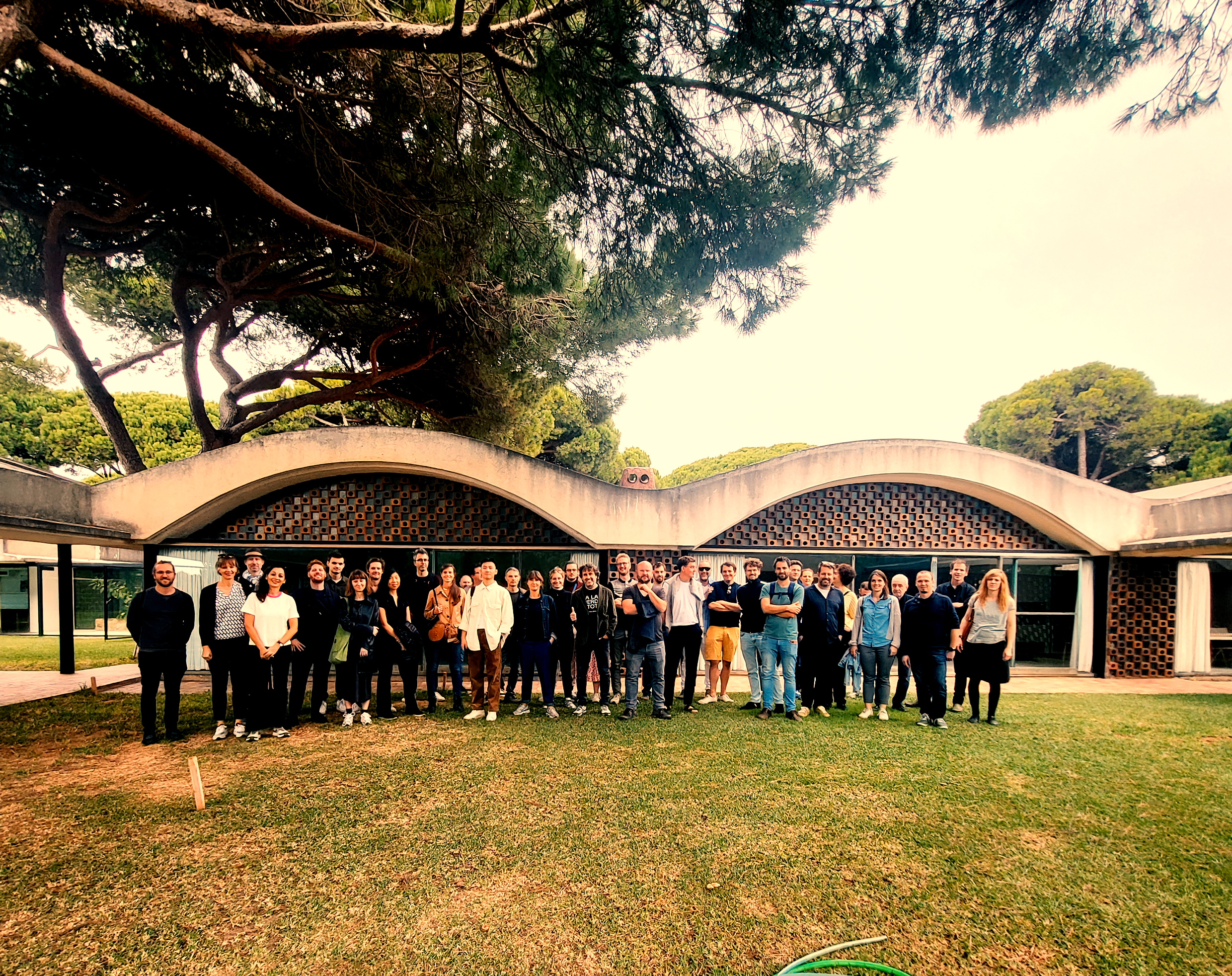
The Fundació Mies van der Rohe and Cities Connection Project invite you to participate in a meeting to discuss the architecture of Wallonia-Brussels, Barcelona and Basel and their connections.
Shared spaces, which have gained special importance in recent times, is the theme chosen for the CCP06 edition. The sharing of spaces and activities, and the diversity of the architectures that make it possible, is illustrated by the projects that were also displayed at COAC from October 27 to November 24.
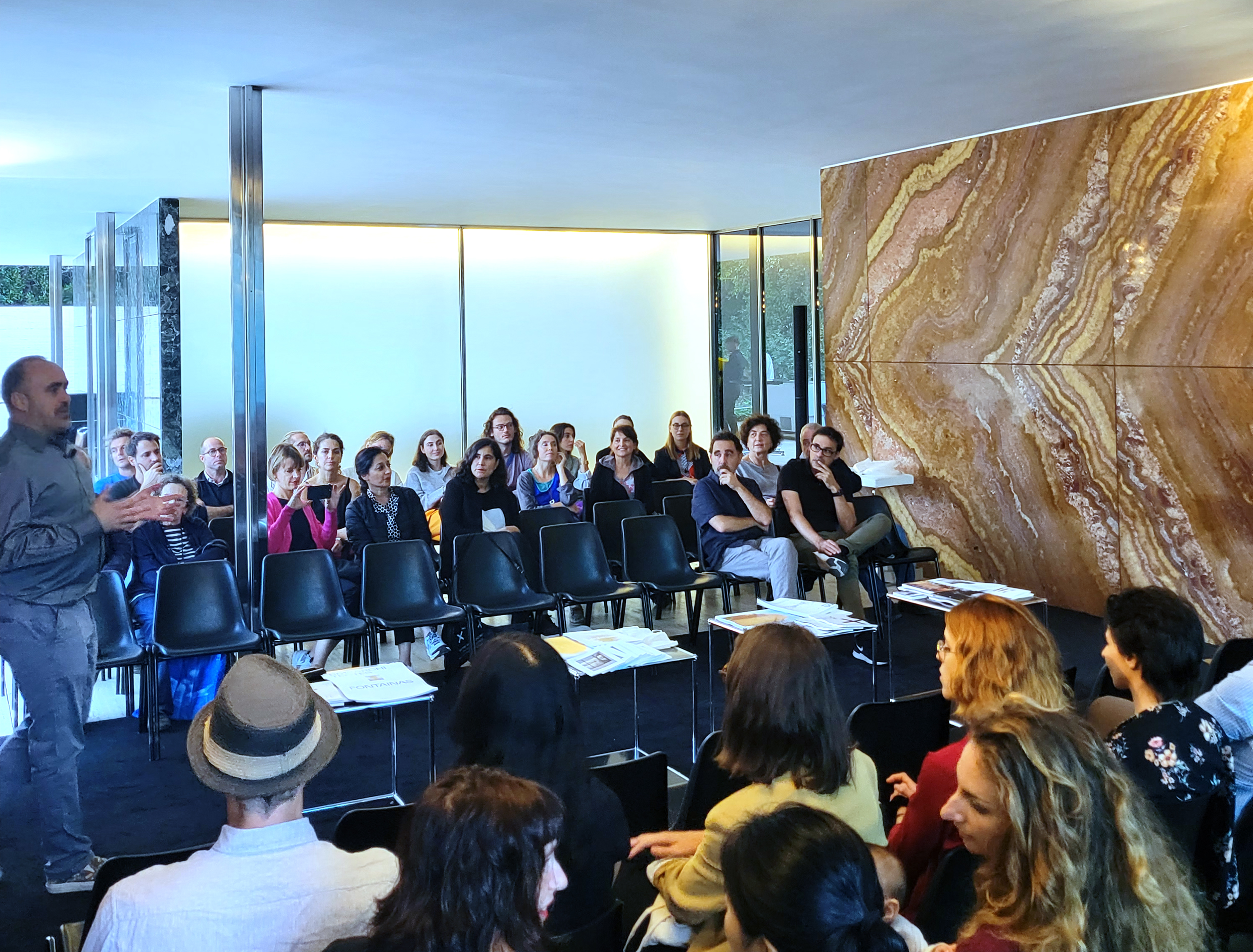
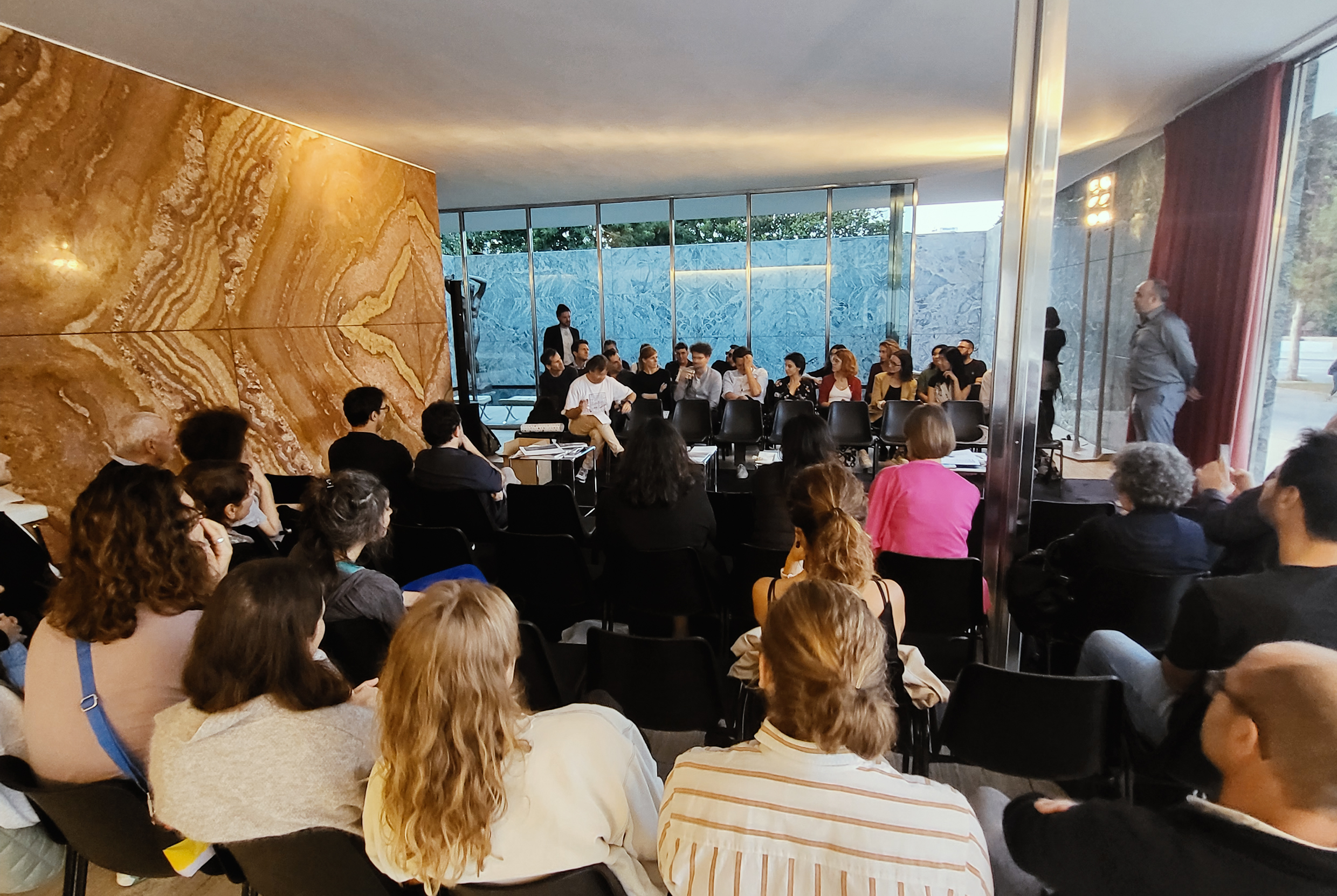
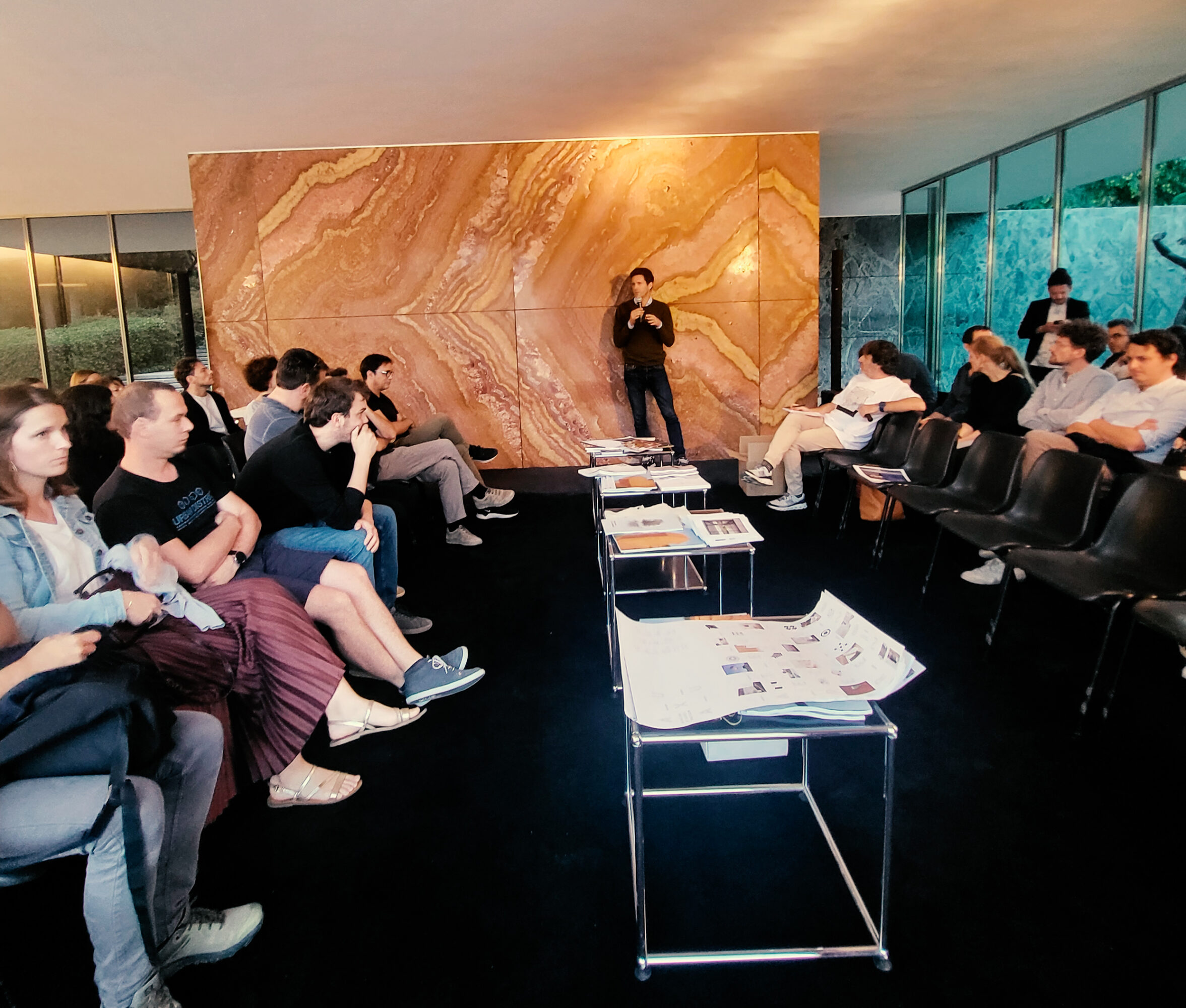
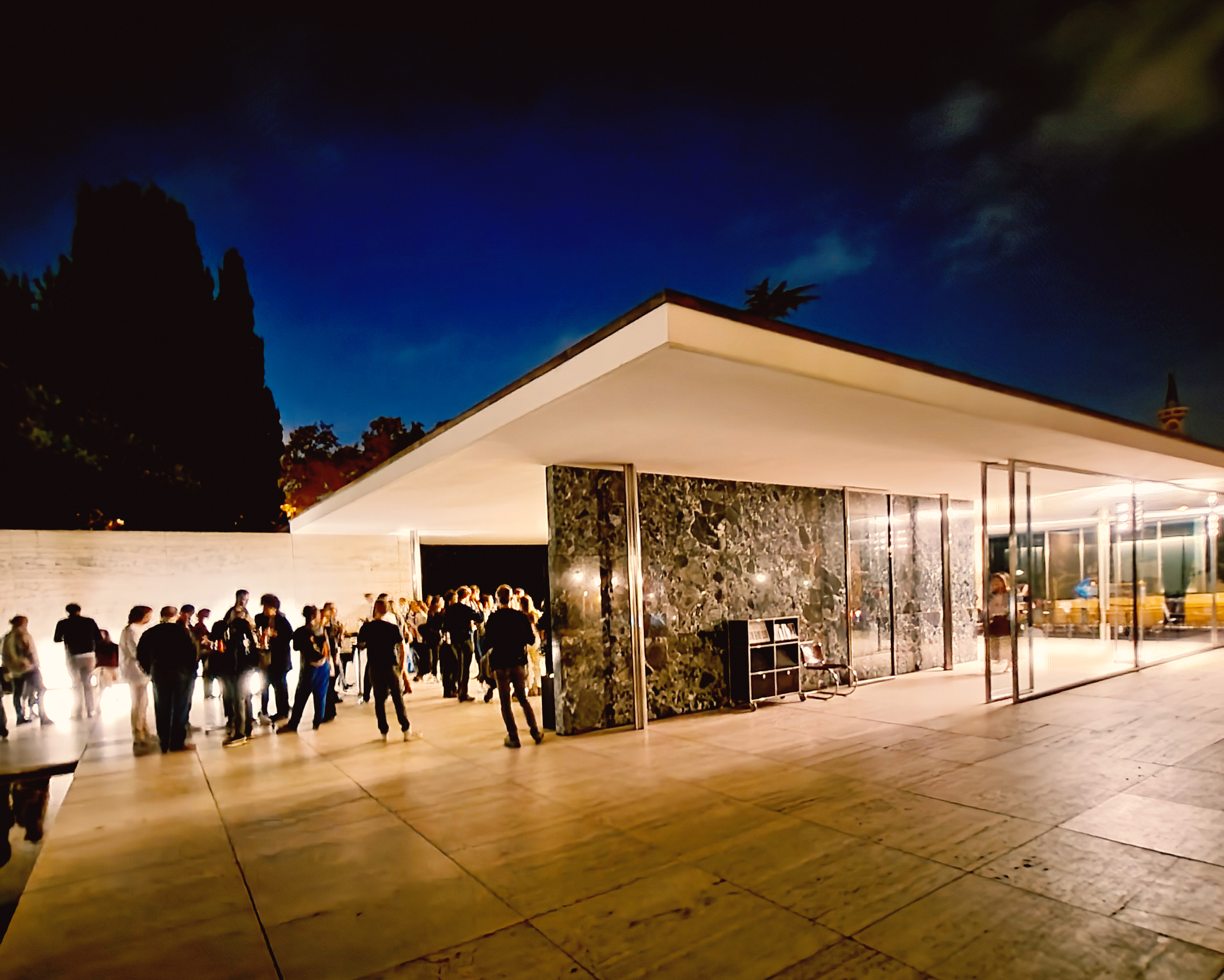
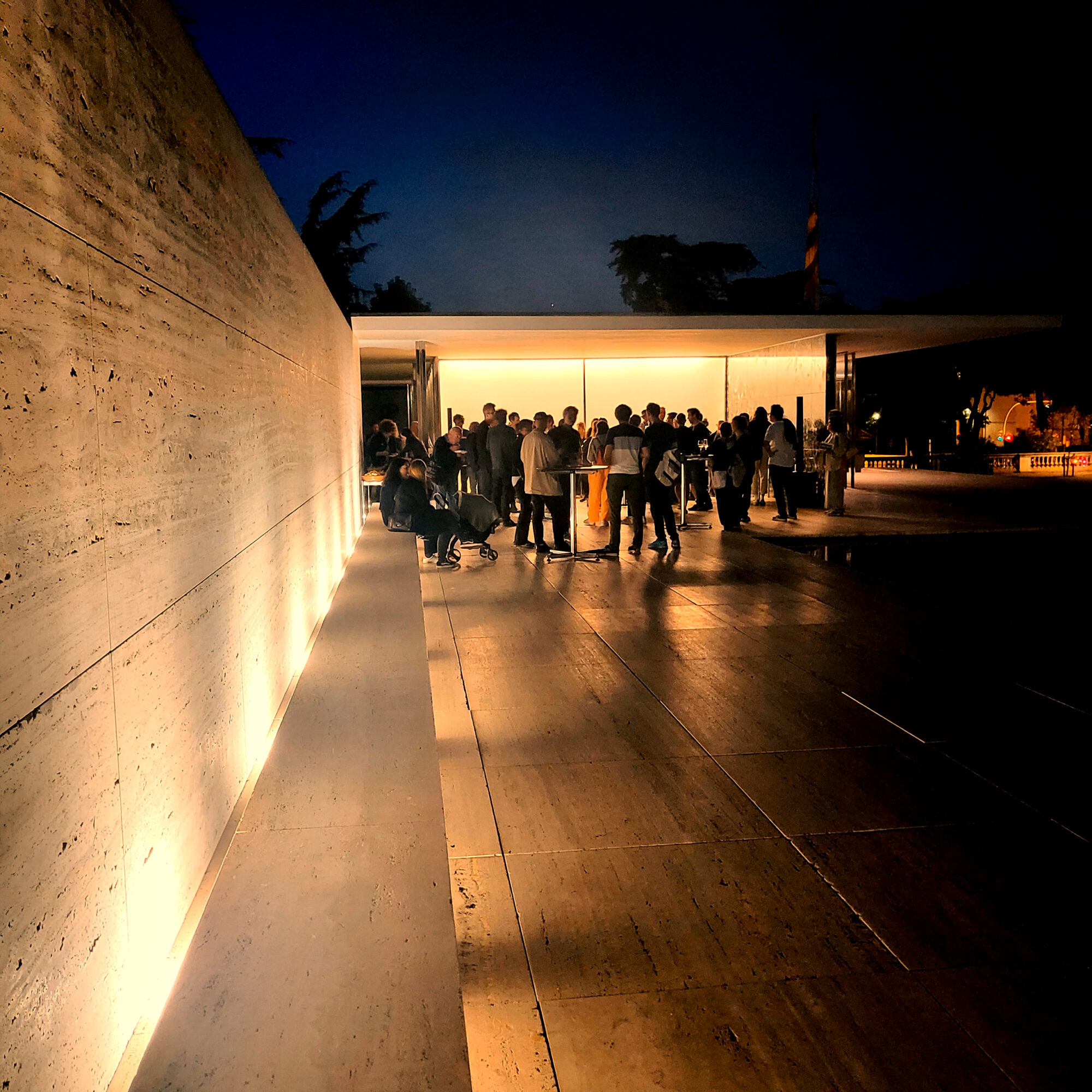
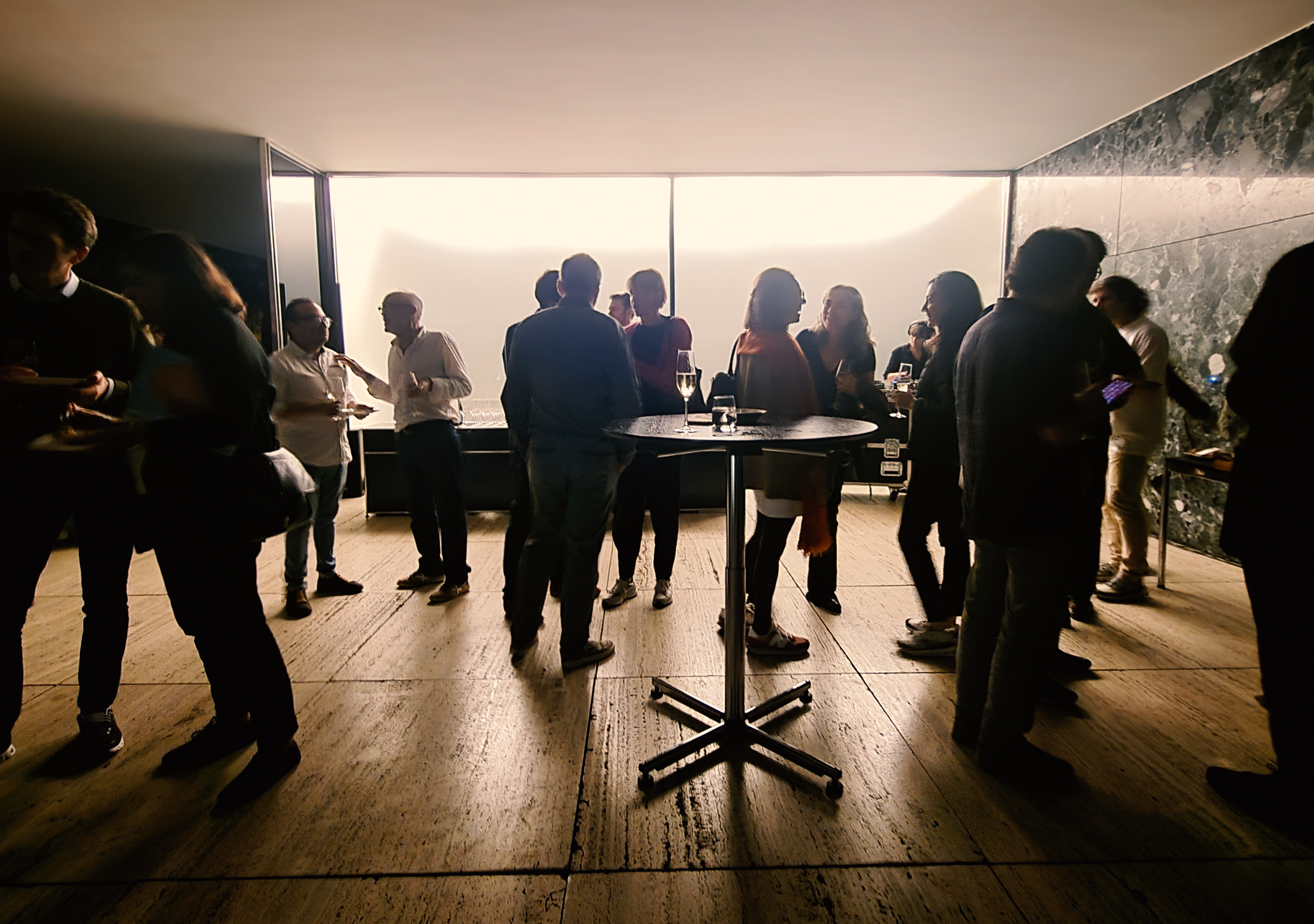
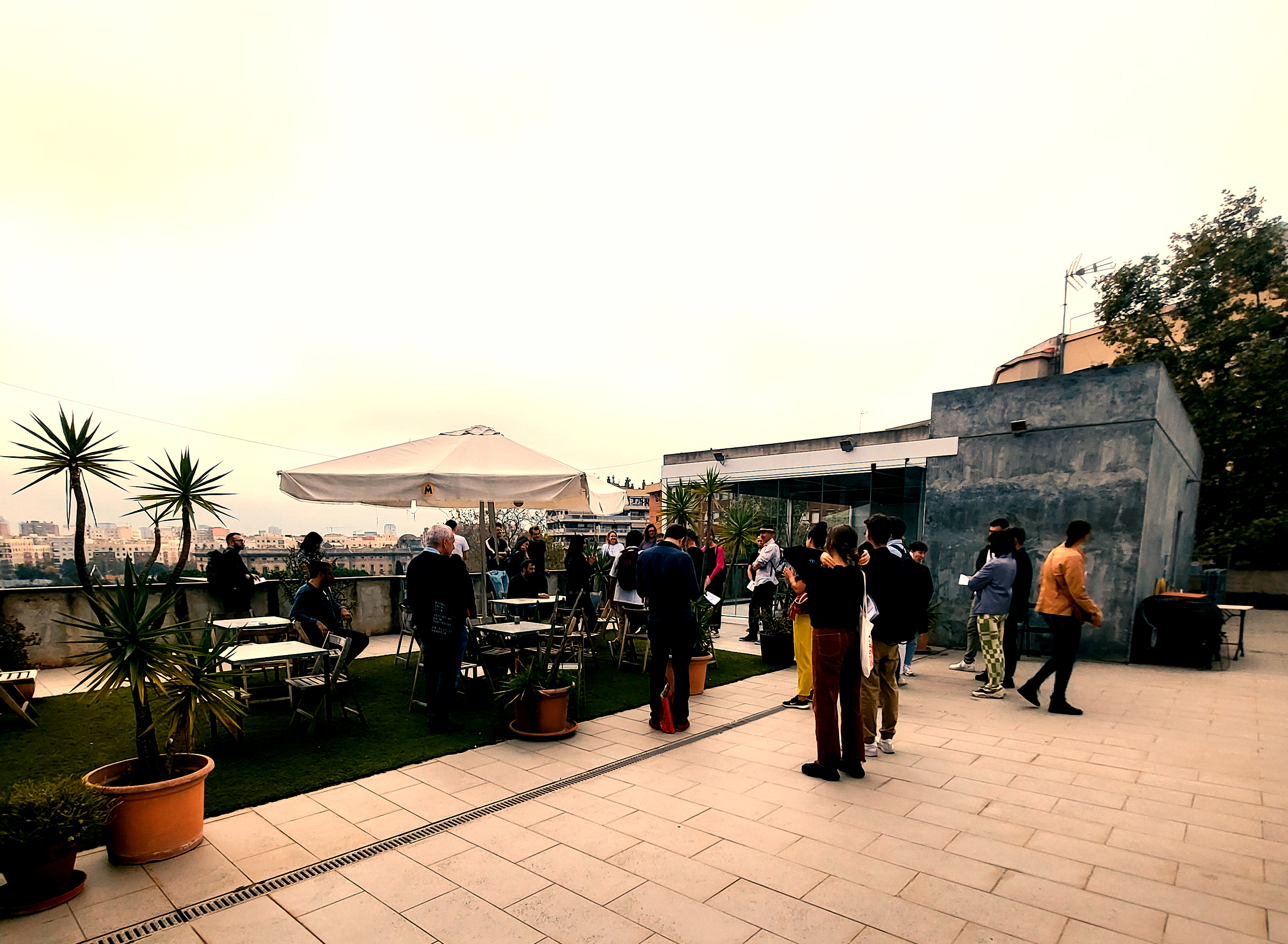
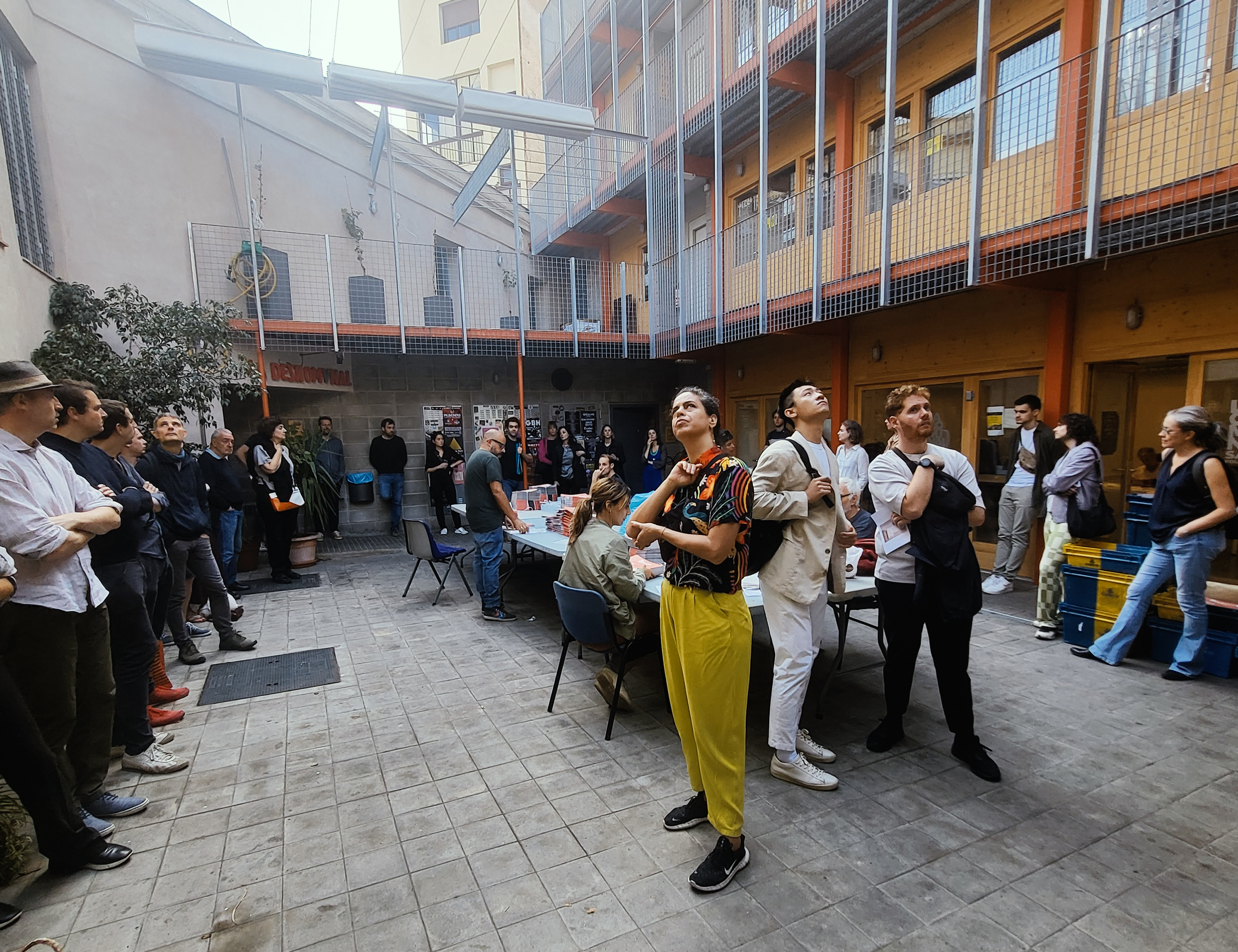
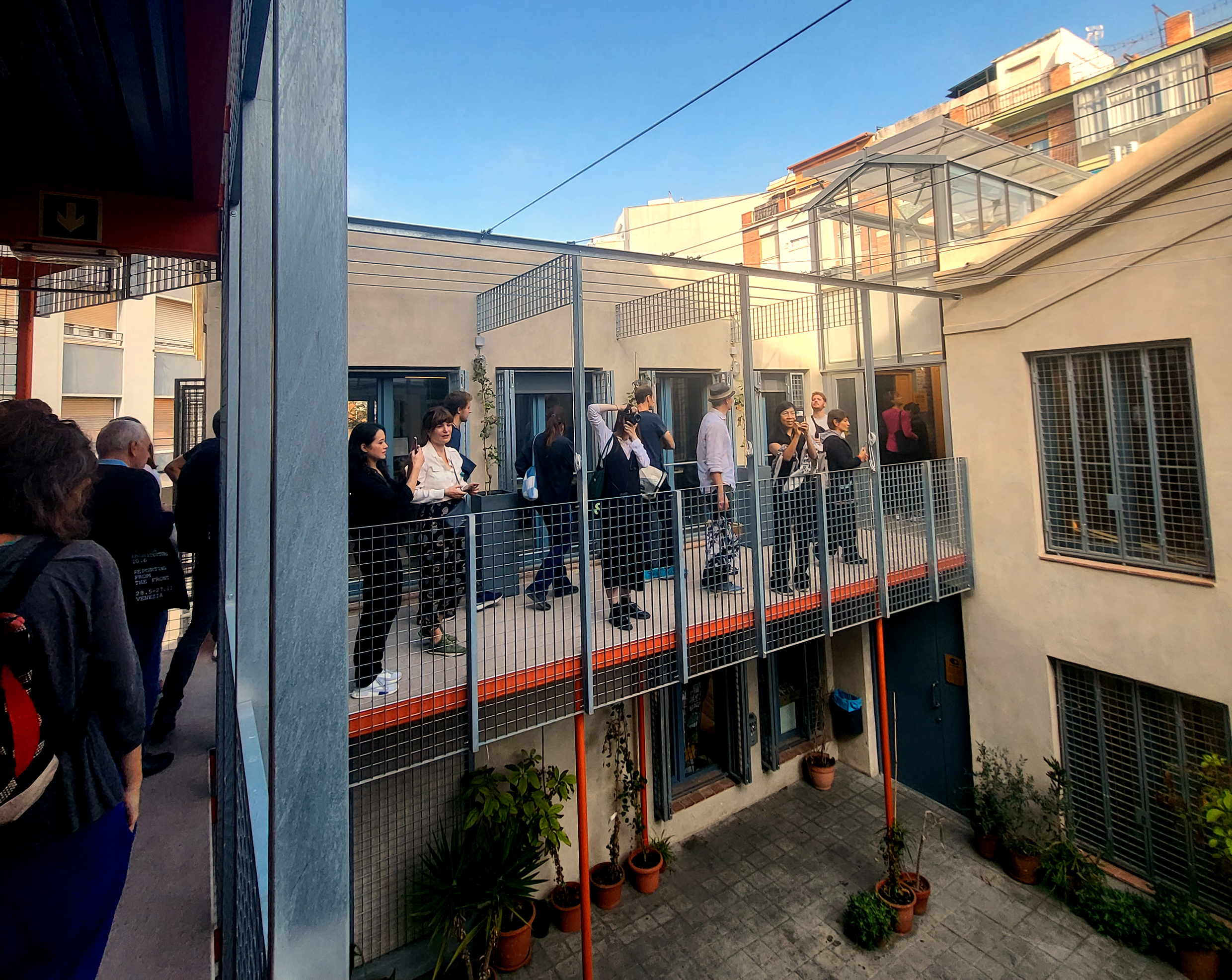
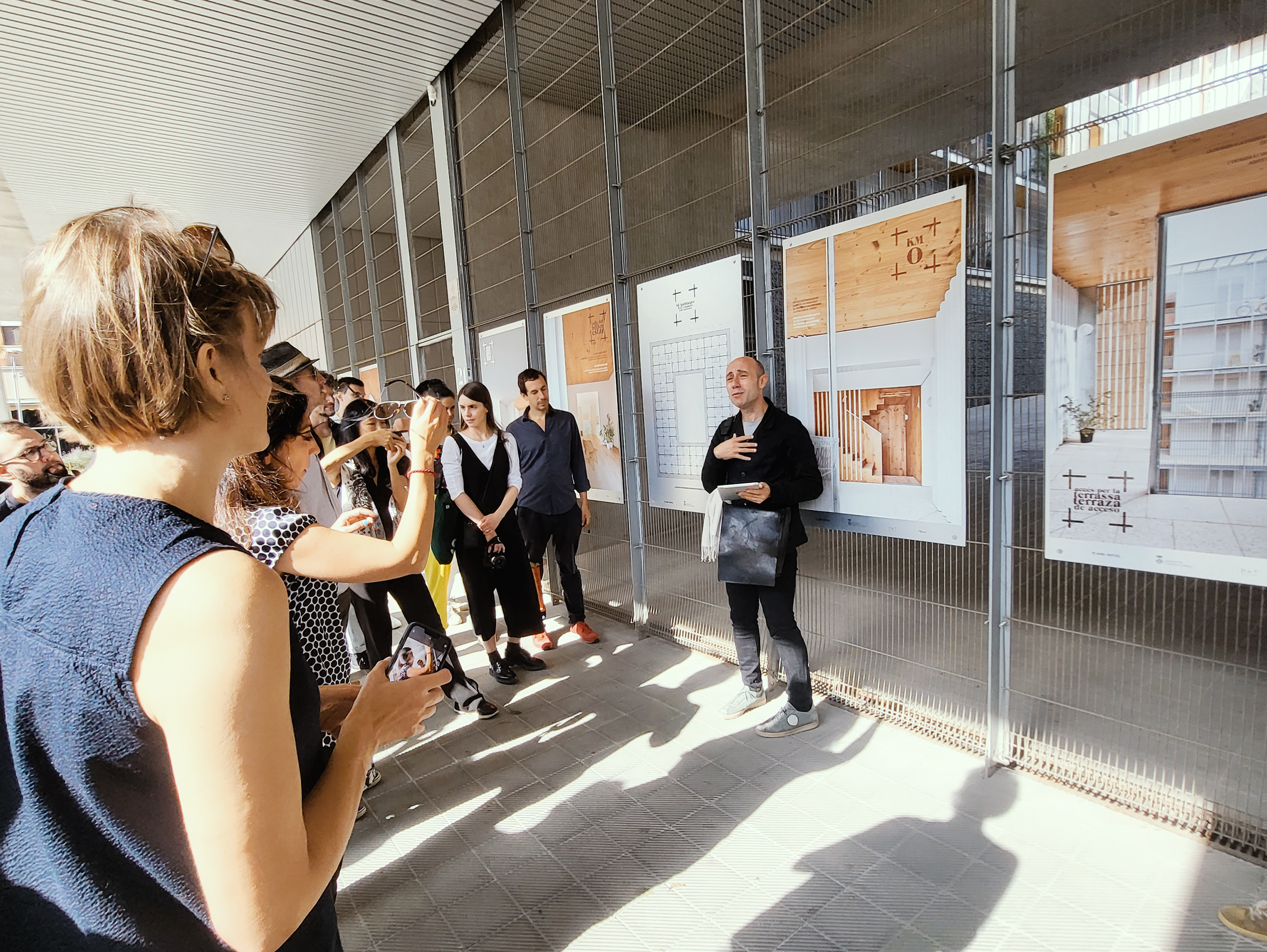
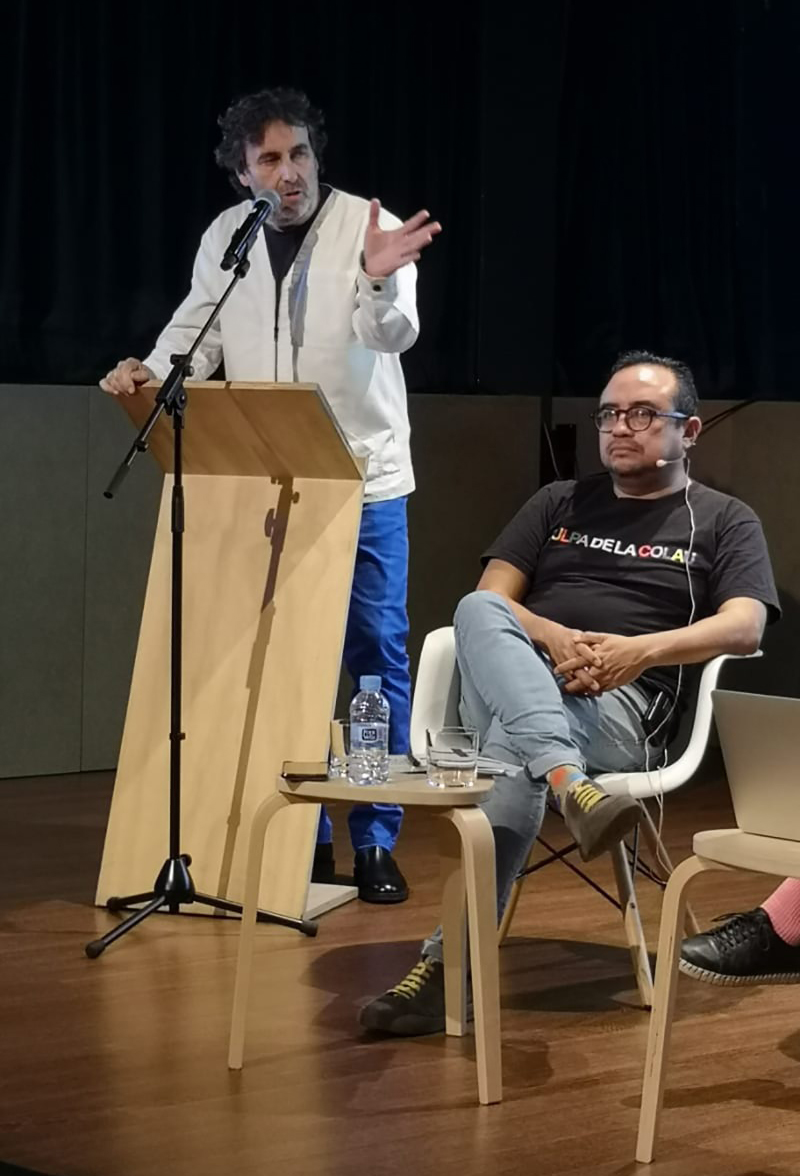
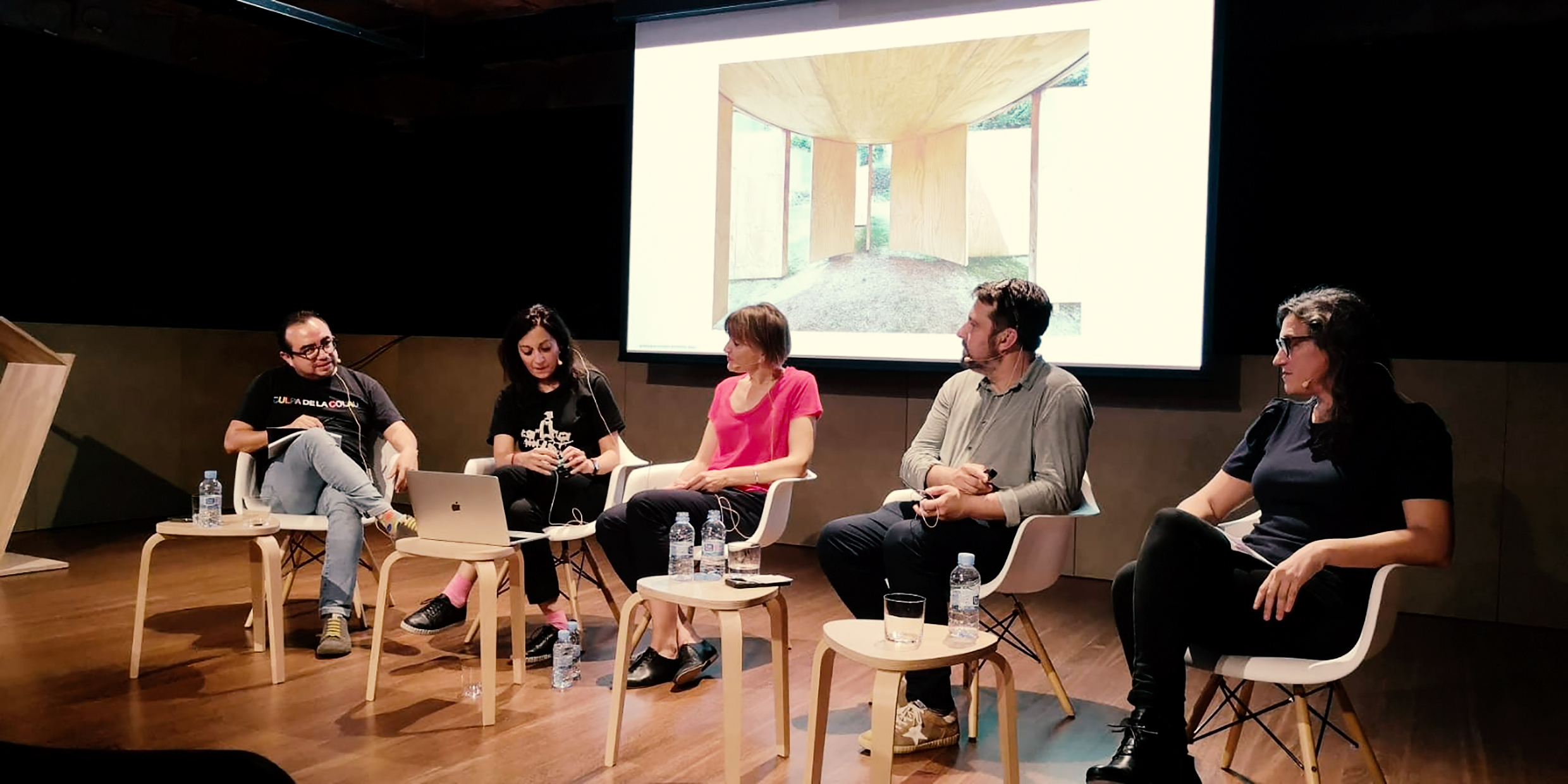
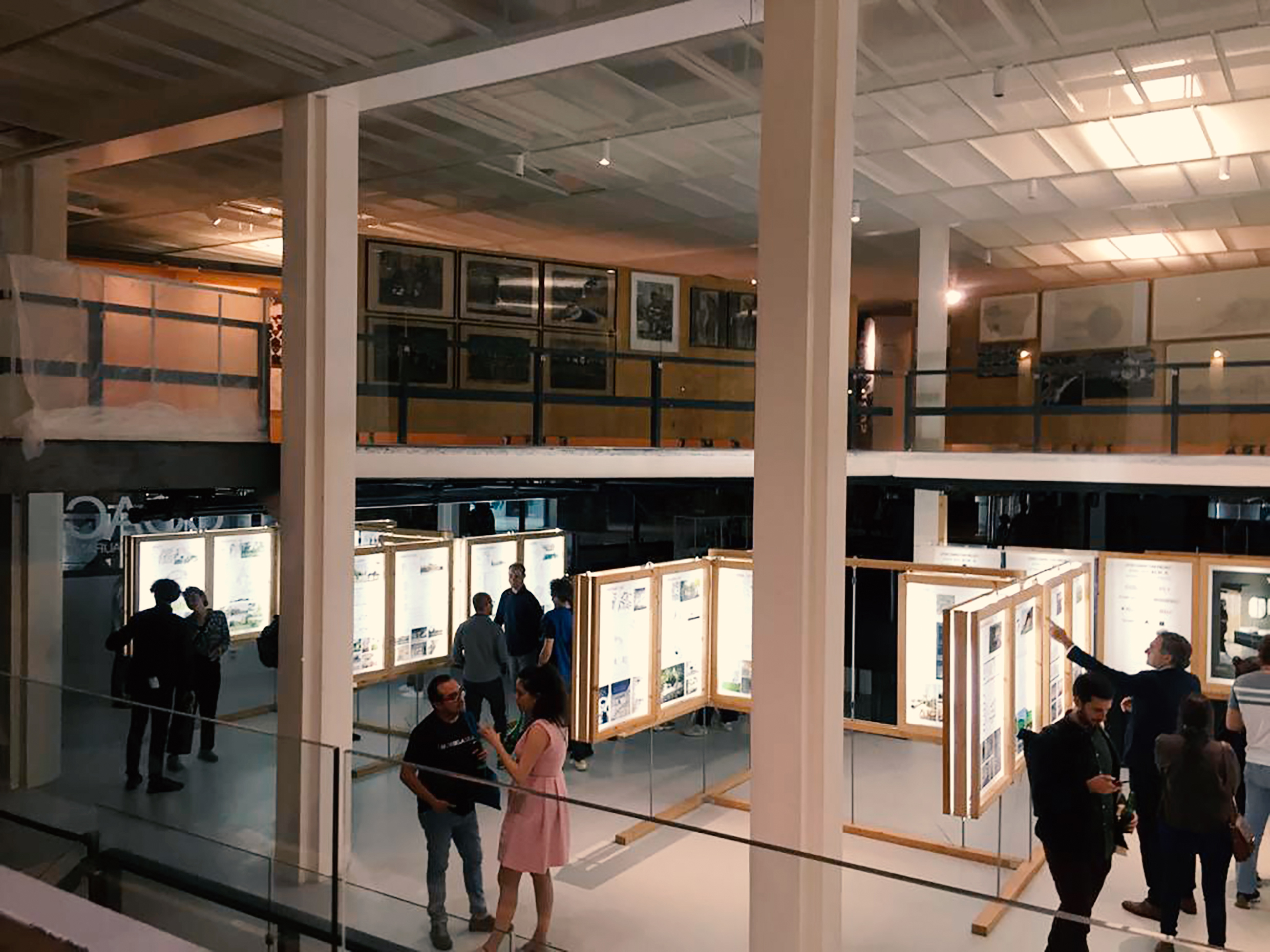
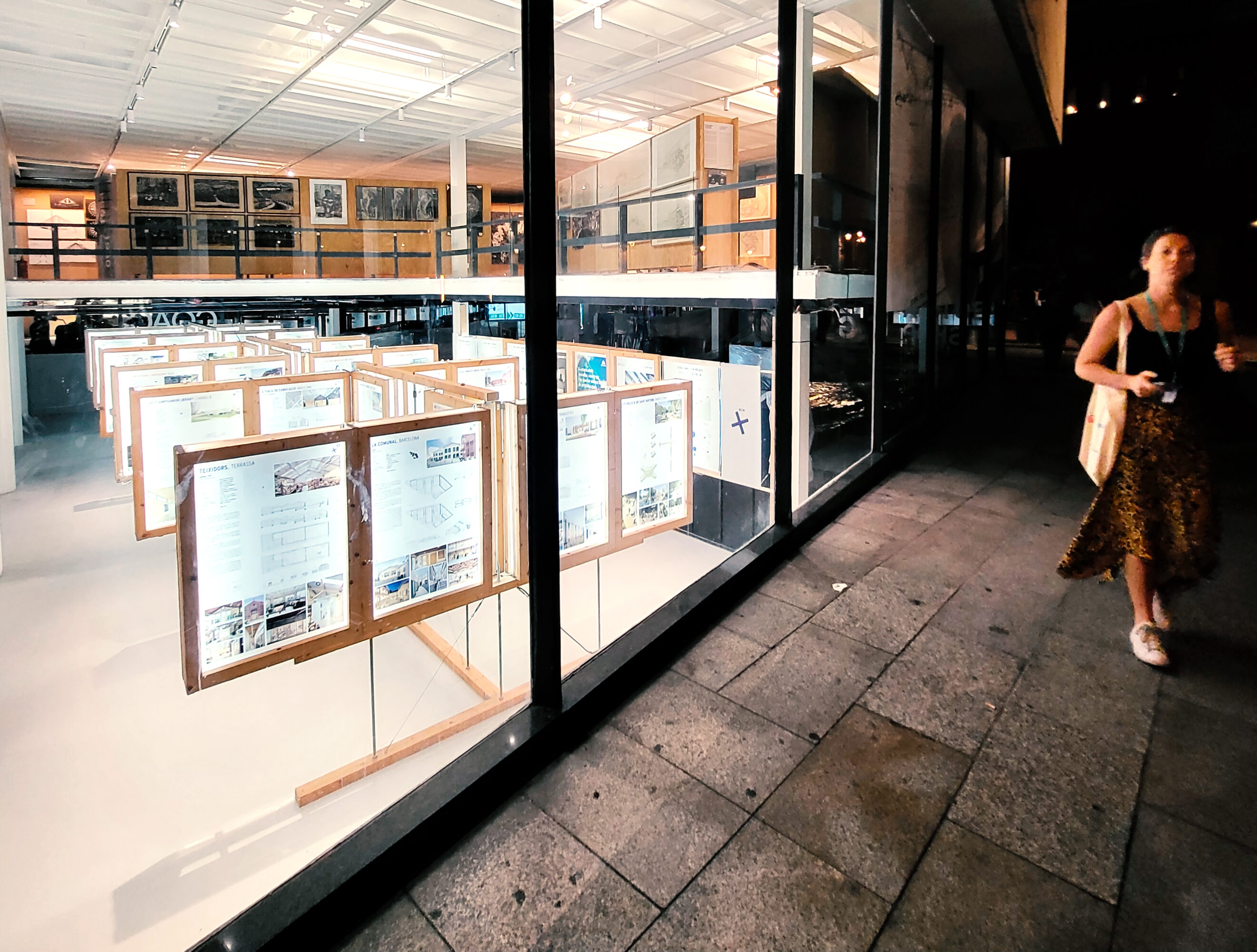
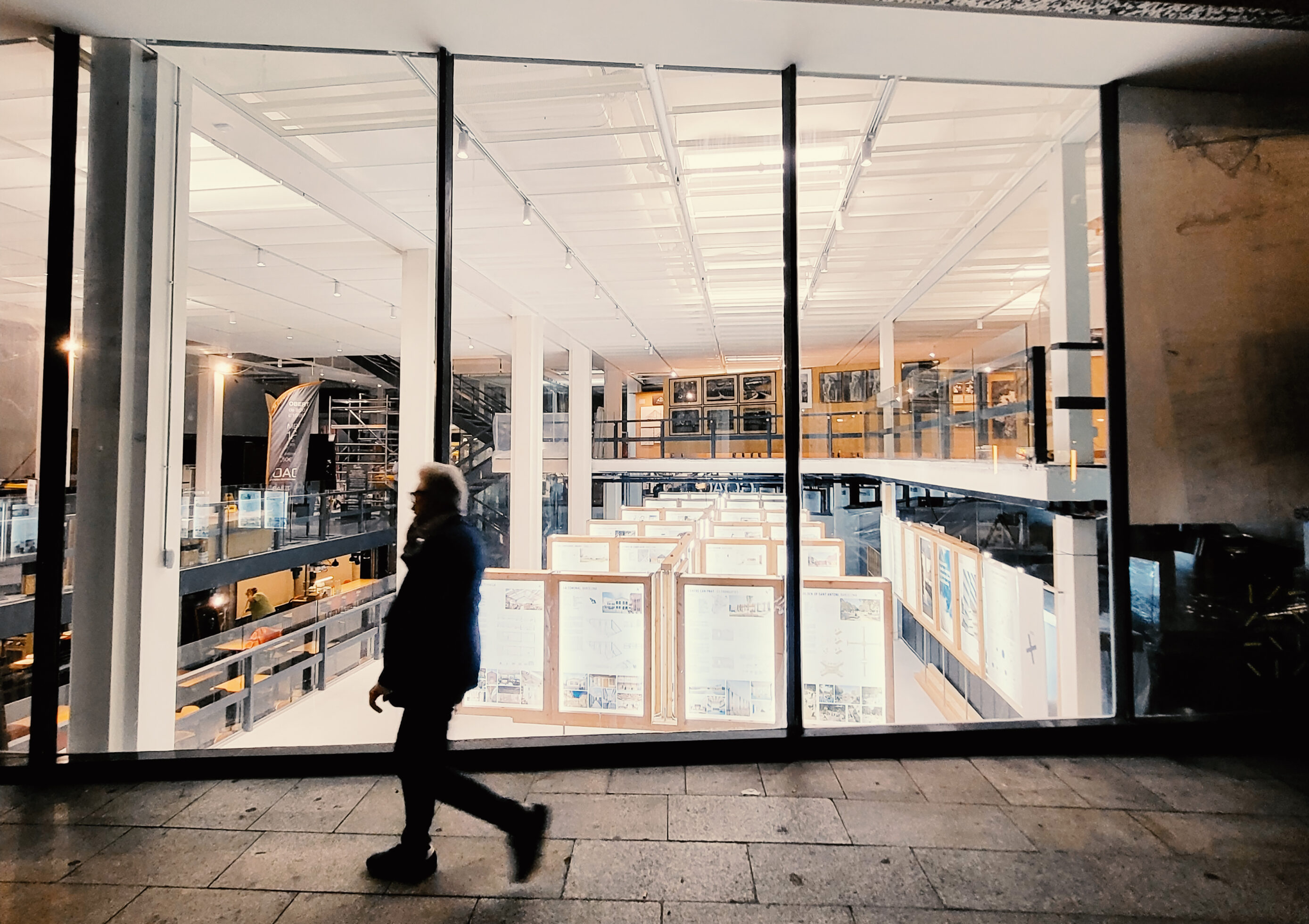
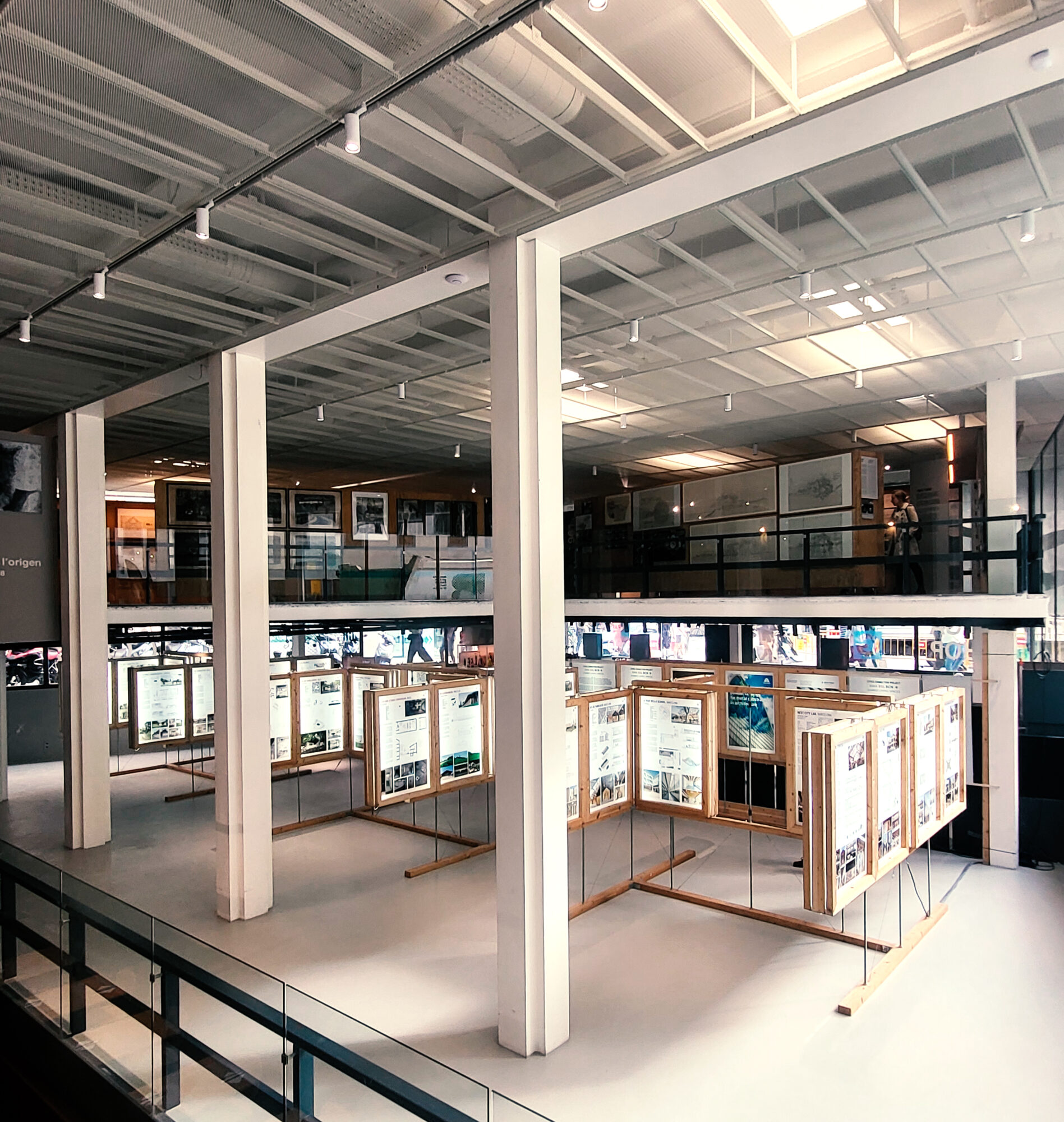
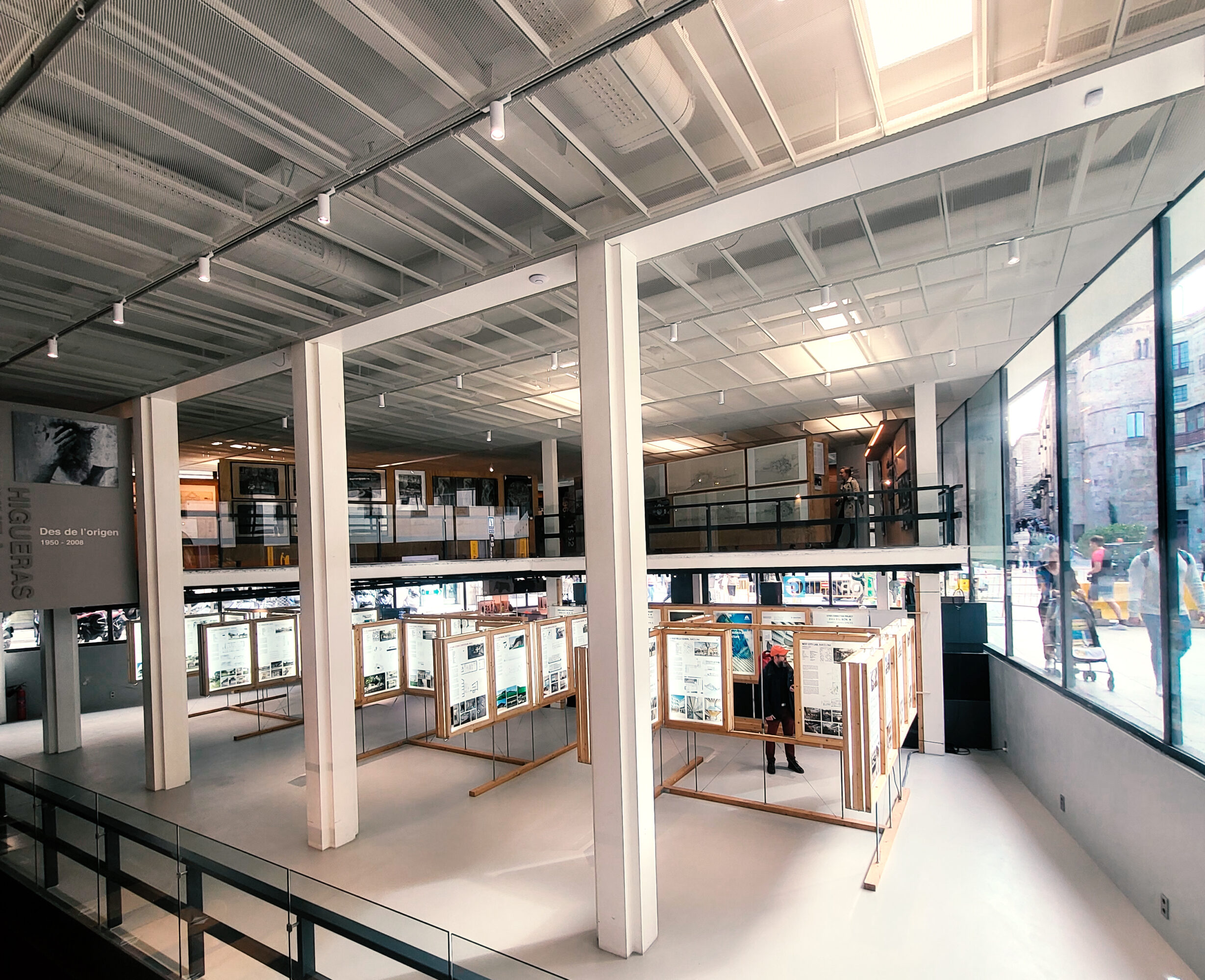
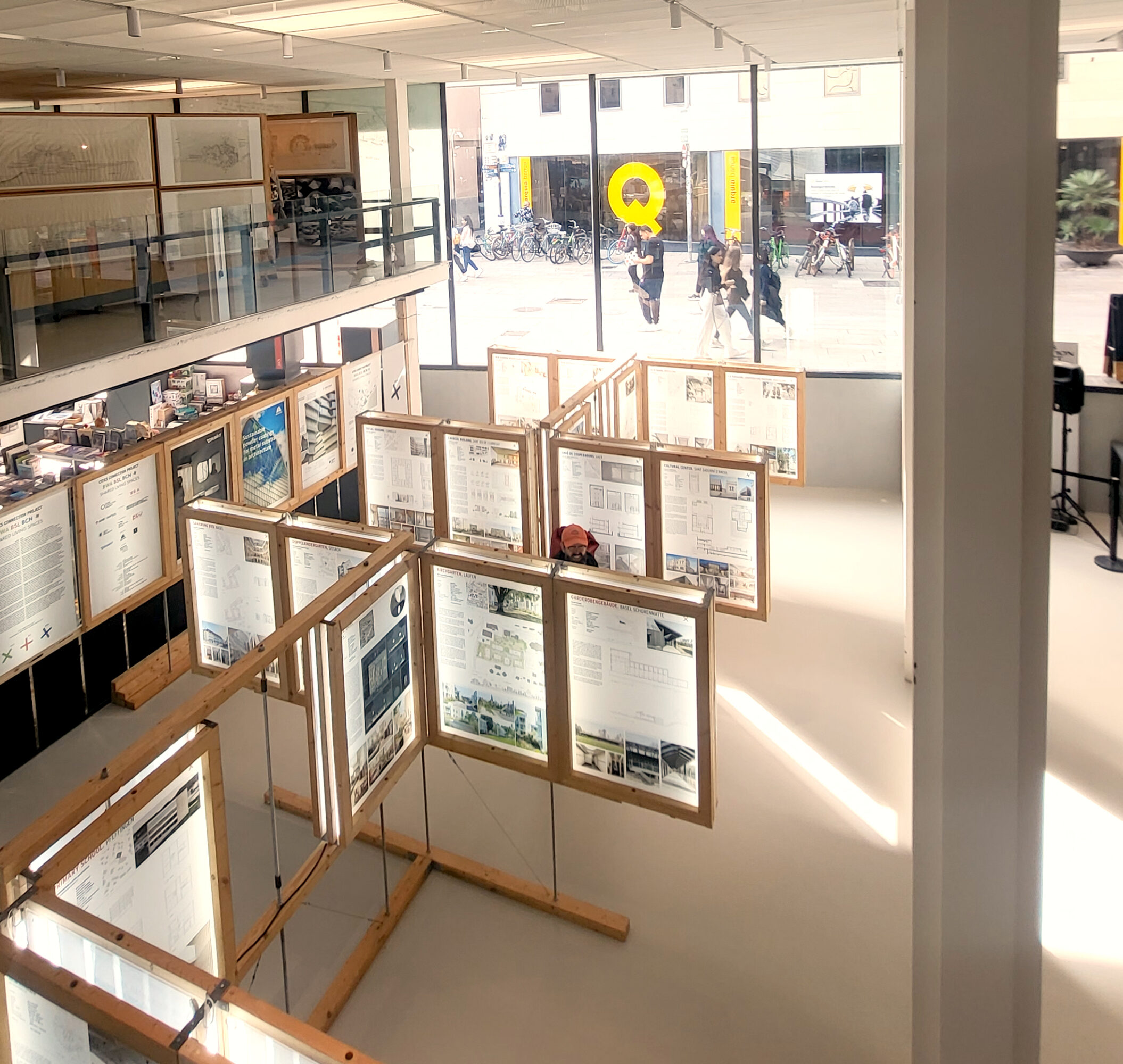
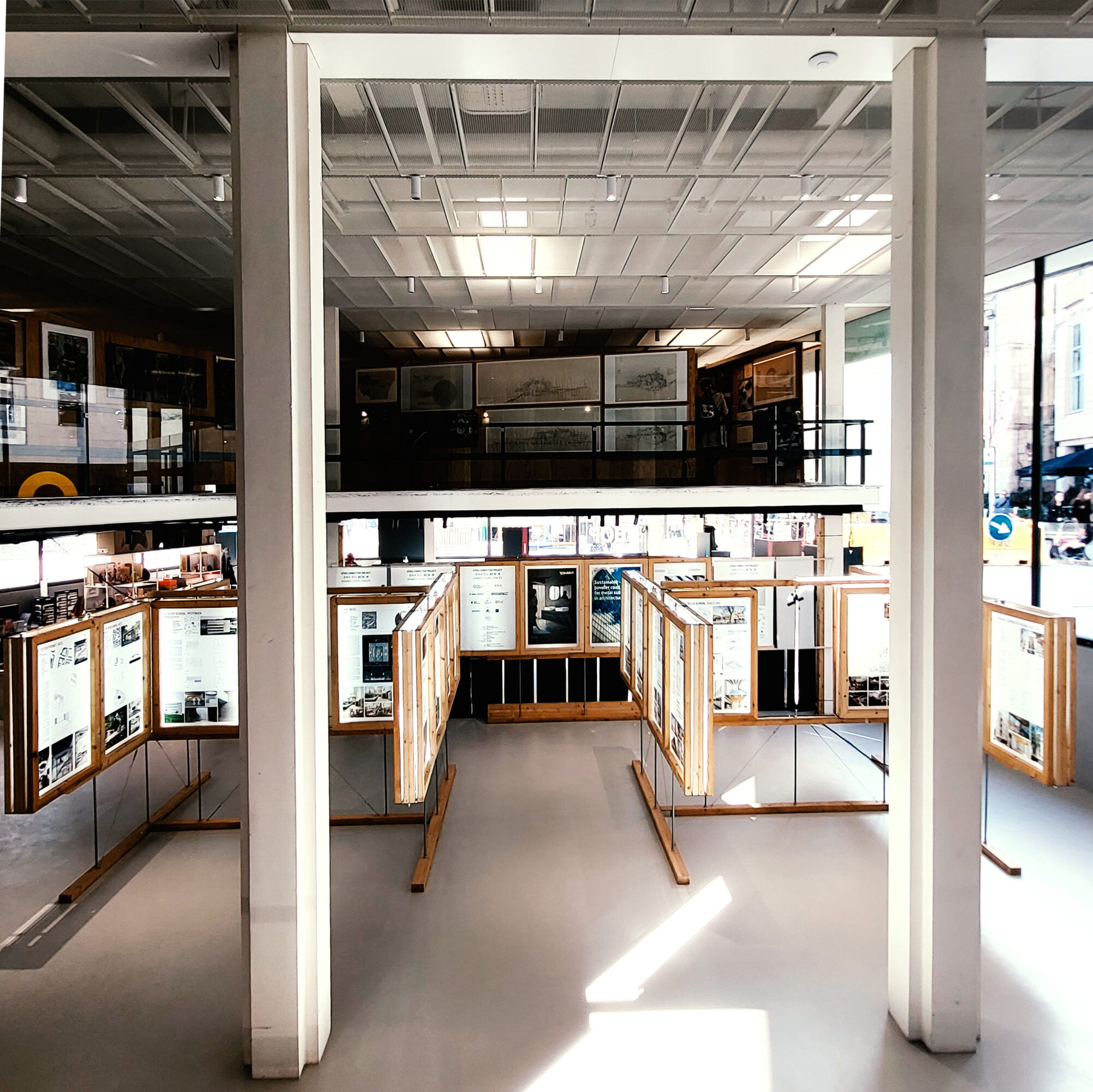
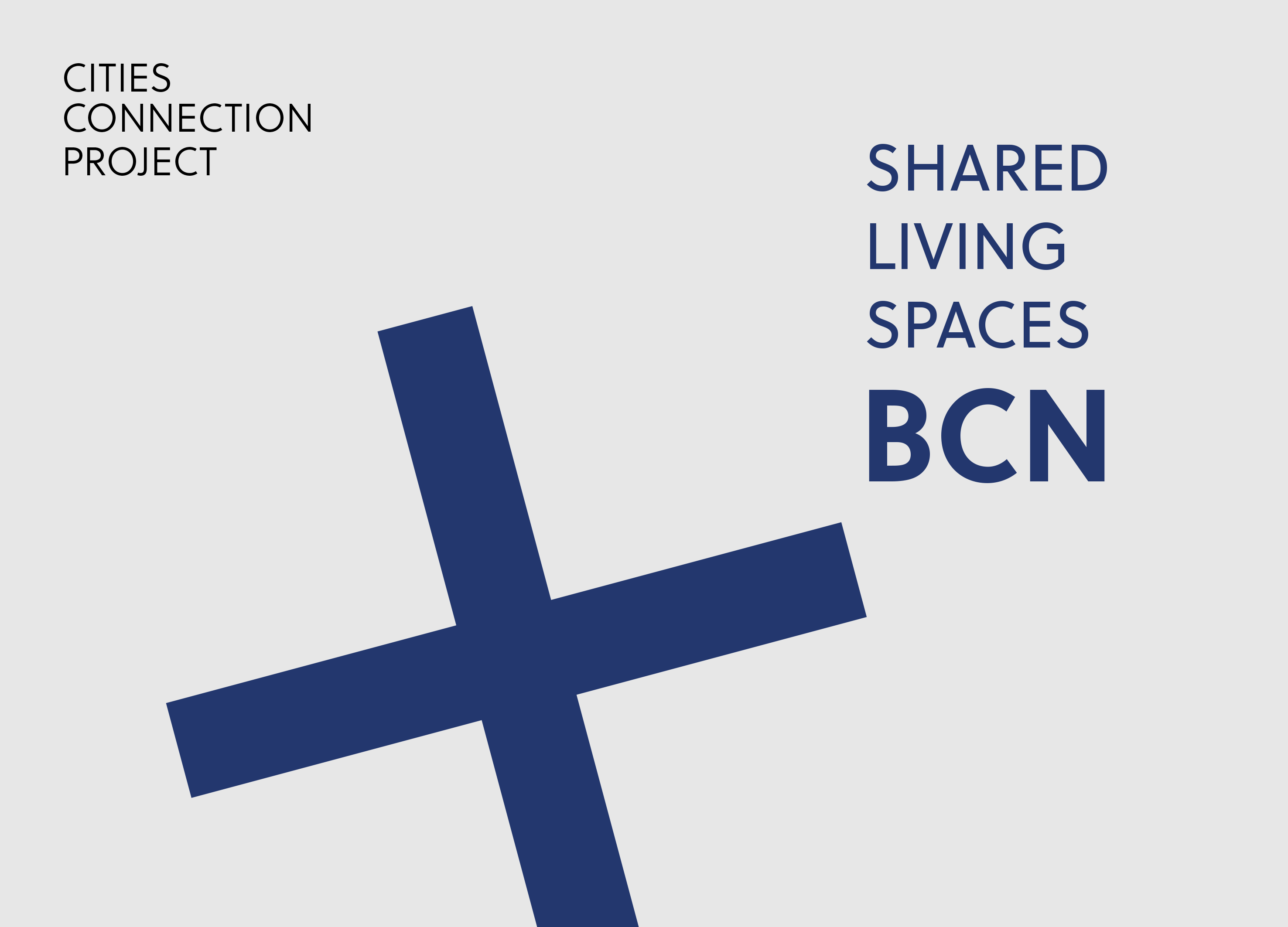
This City Connections Project shows the diversity of complementary architectures made in the metropolitan areas of Barcelona, Basel and Brussels and that provide high added value to the spaces that facilitate community life. This is how the city is built because the different visions, well selected by the project curators, create debate, and even though the general goals are common – social, ecological, technological, political and economic – the ways to deal with them are not the same, achieving shared habitable spaces in which more people can feel included.
In the case of Barcelona, although housing has a high component of personal space, we find a prominent group of projects seeking ways to improve community life, whether from a bottom- up process or from top-down. In all cases, it should be emphasised that the examples chosen seek to ensure access to decent and affordable housing while maintaining public ownership of the land, combating speculation on housing and encouraging the community management of buildings. Cooperatives have a long tradition in Catalonia, including housing, but as well as other places in Europe they had continued to evolve, in Barcelona they appeared again with strength relatively recently. Public housing, still mostly sold in contrast to French territories, is slowly evolving and typologies are introduced that allow a much better adaptation to the social reality of the 21st century. Despite the slow and conservative dynamics of administrations, some people within them struggle and risk making changes possible, accompanied by architects who put forward proposals for the future within very rigid parameters. This includes both housing types and constructive forms that introduce proximity materials and that are appropriate to the proposed types.
IVAN BLASI CONTRIBUTION FOR THE BCN CATALOG | IVAN BLASI, Director of Prizes and Programs Fundació Mies van der Rohe
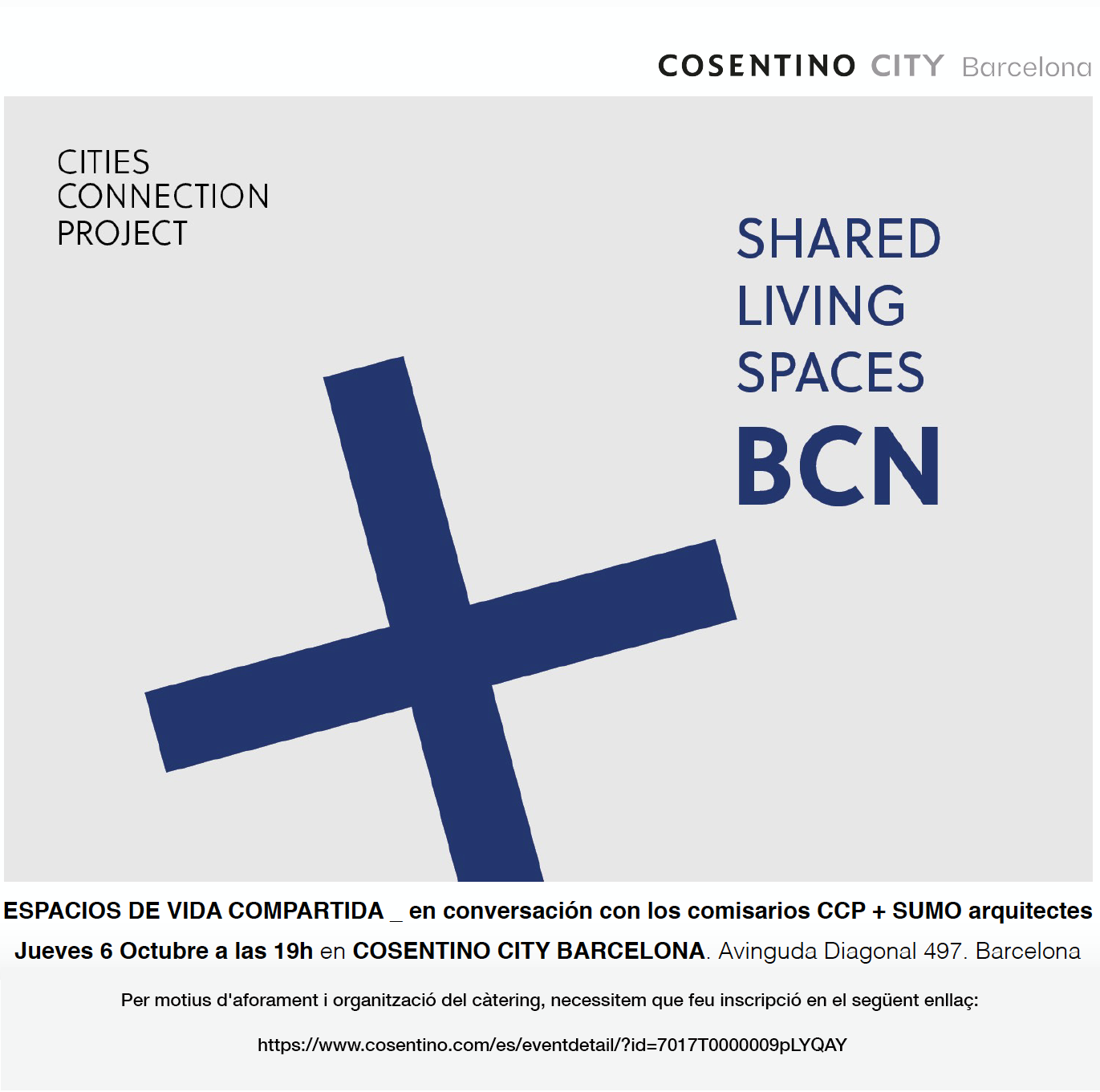
PRESENTATION BY SUMO ARQUITECTES | SELECTED PROJECT N° 01
